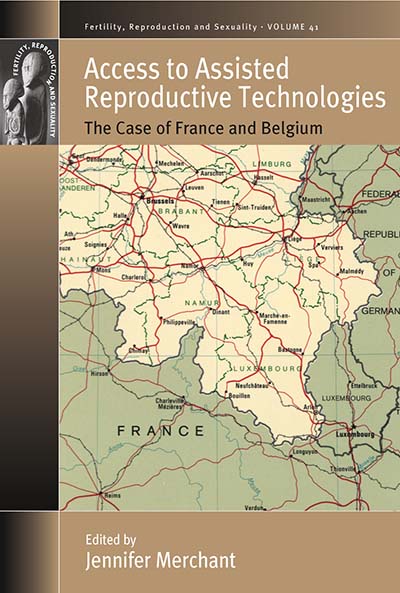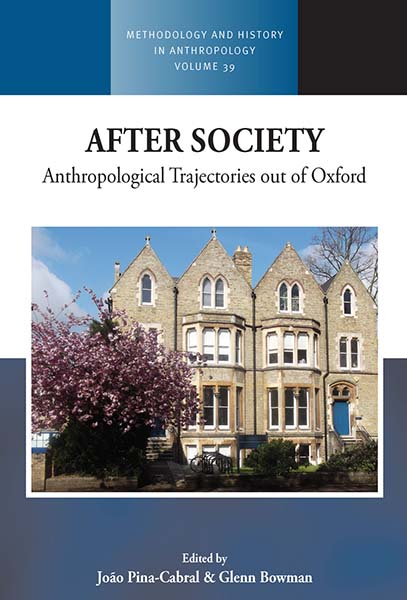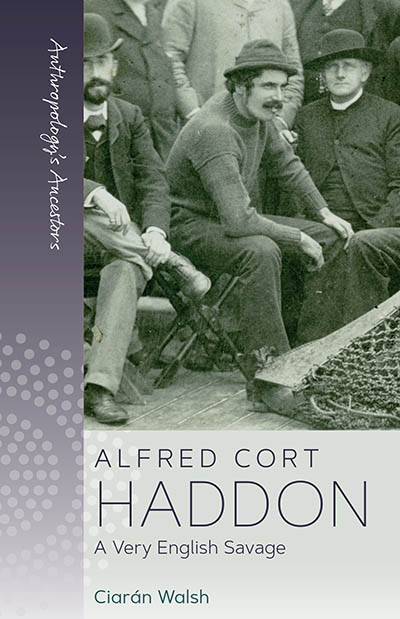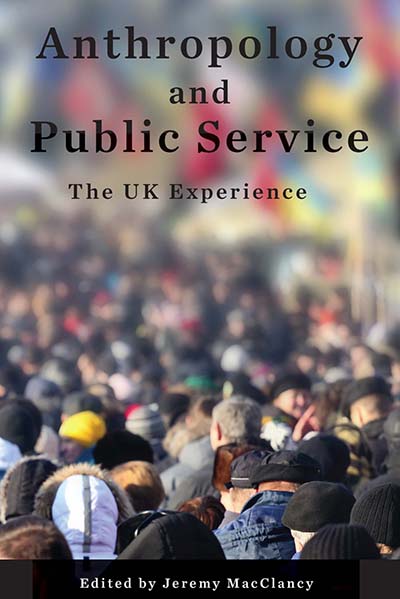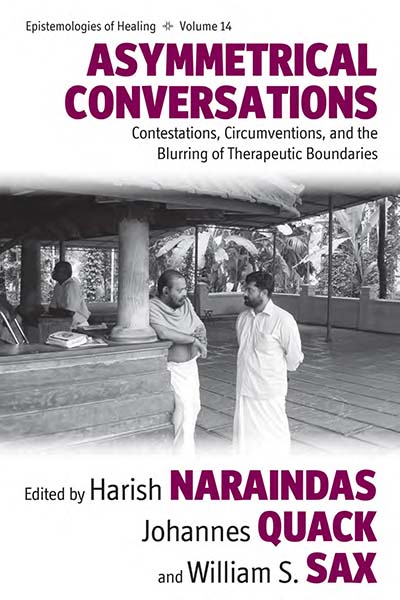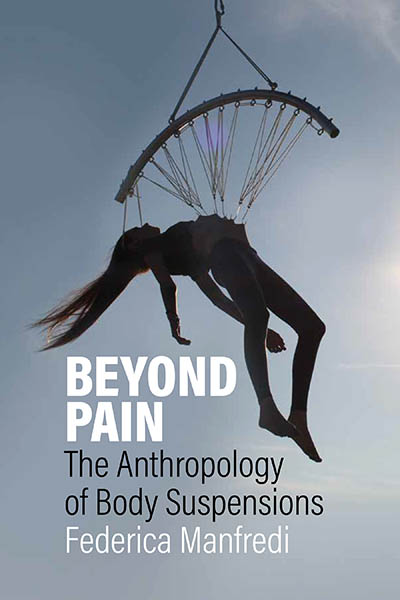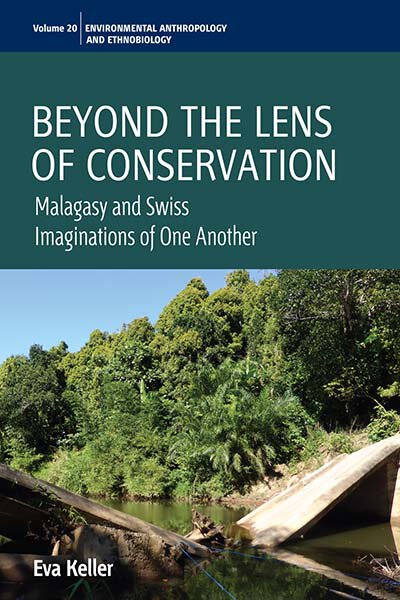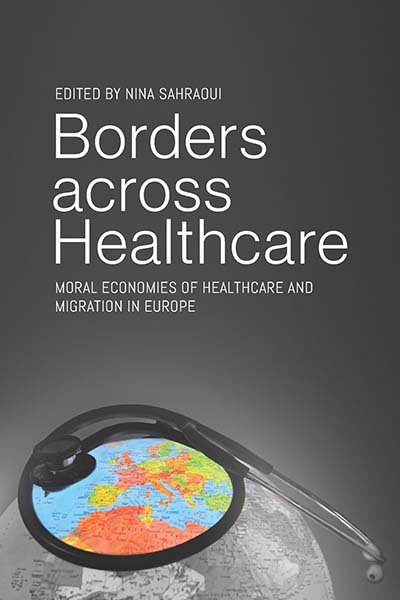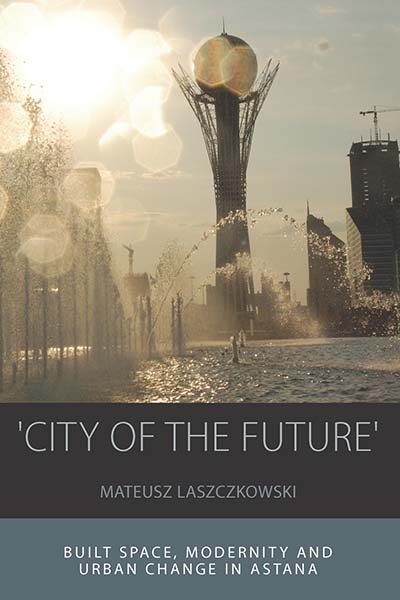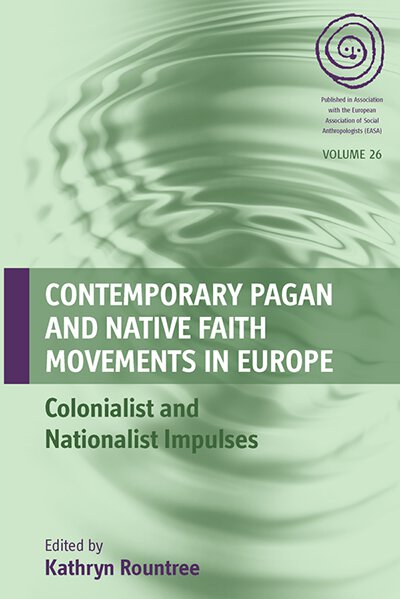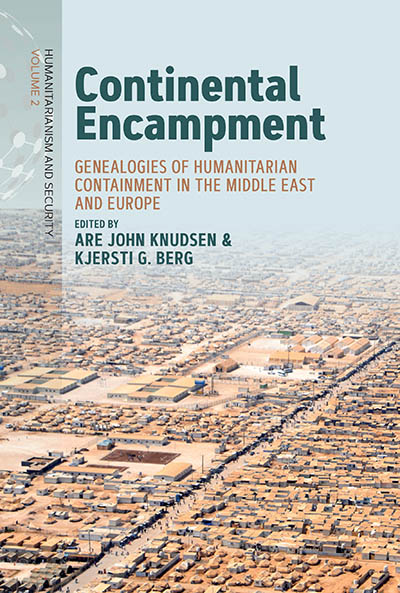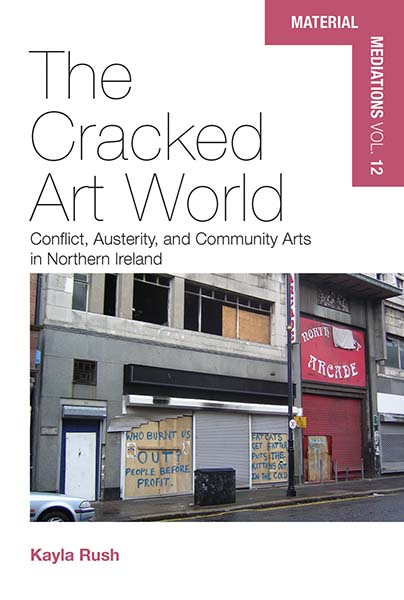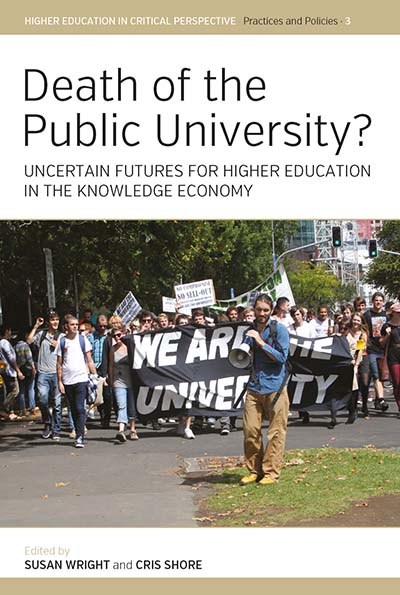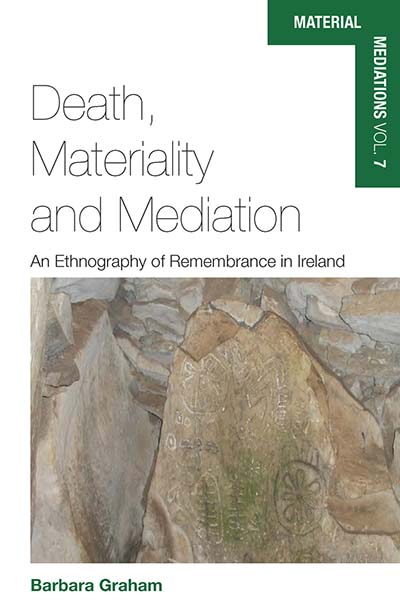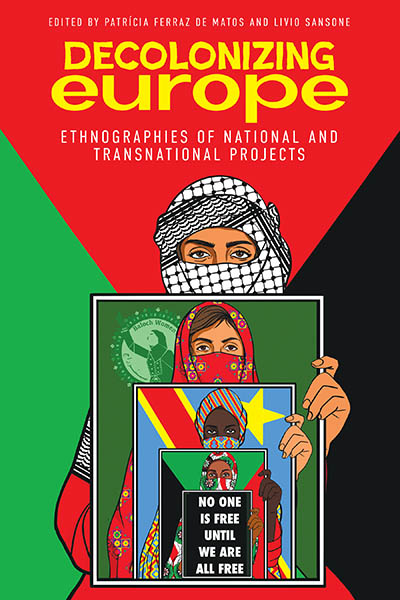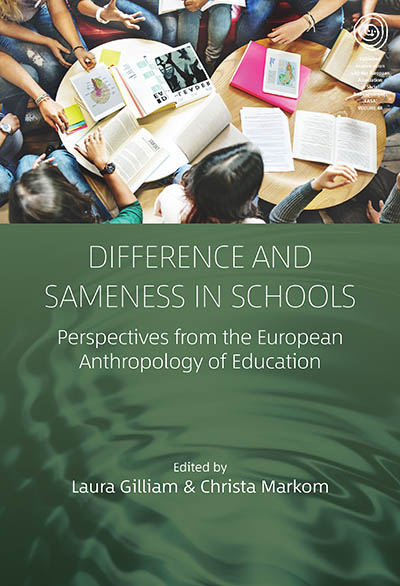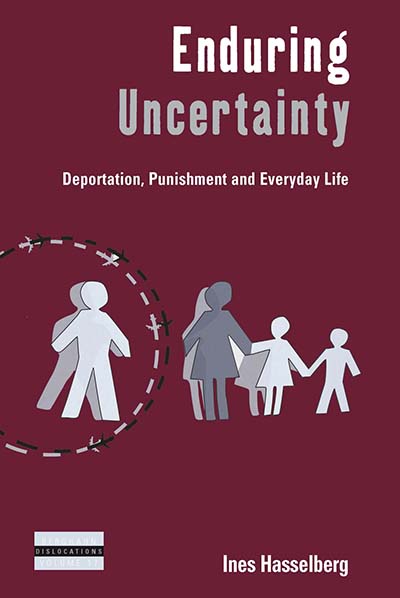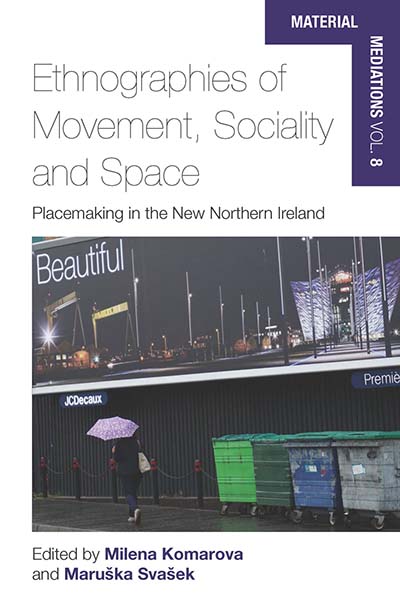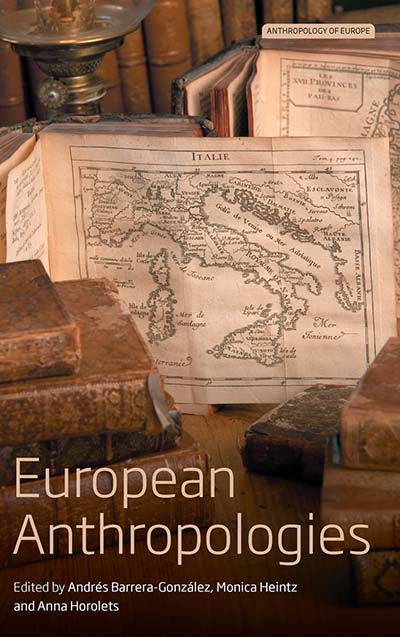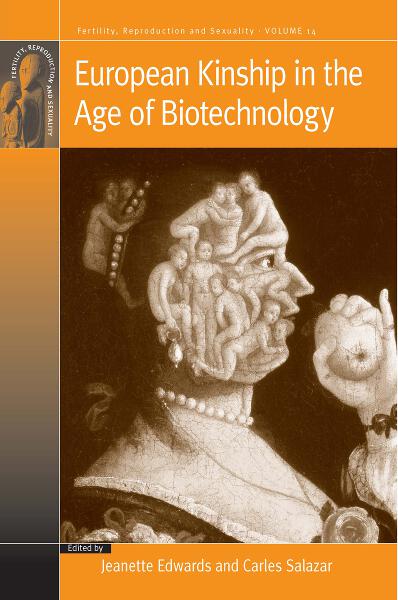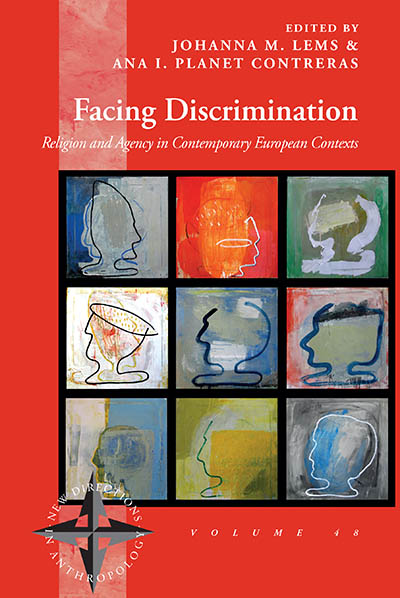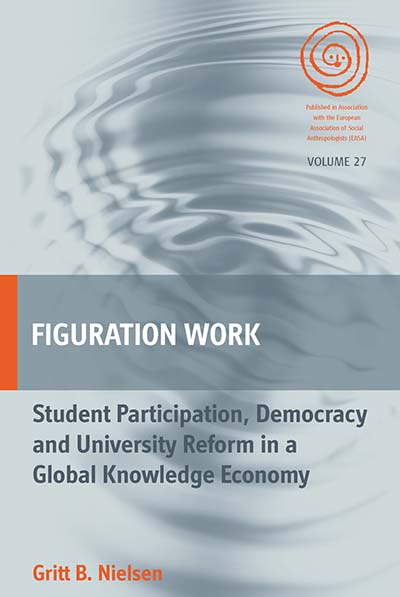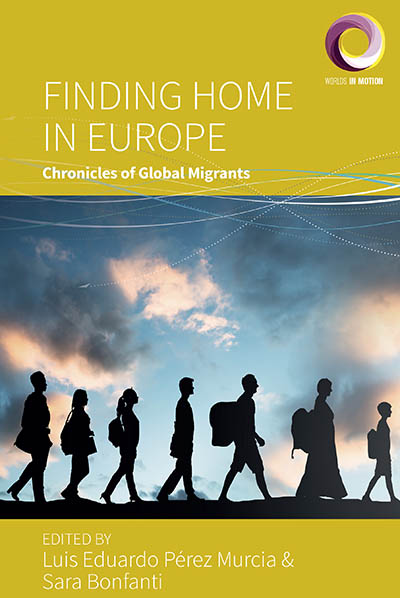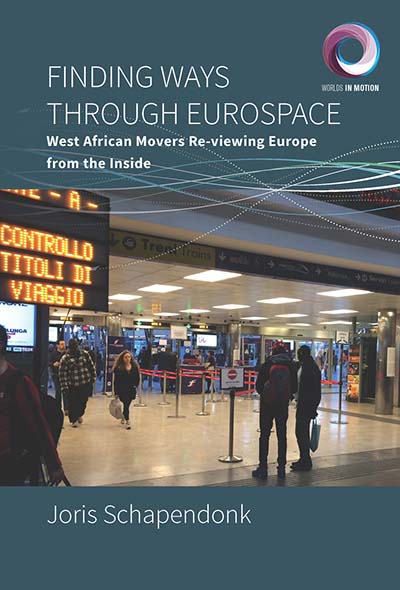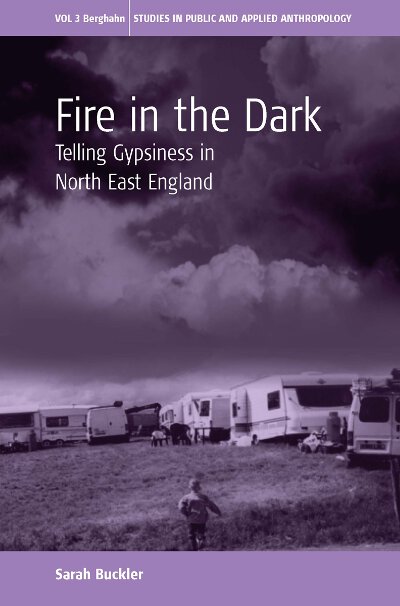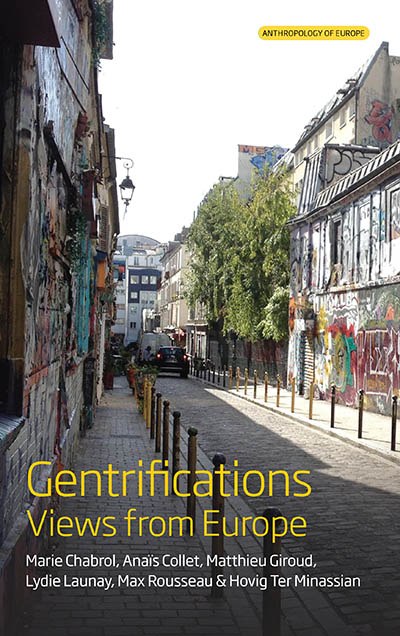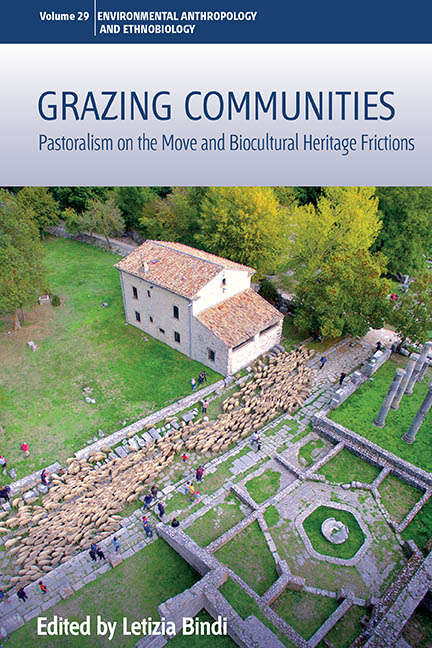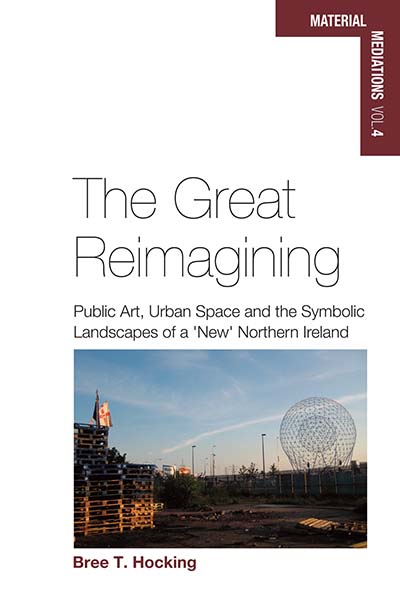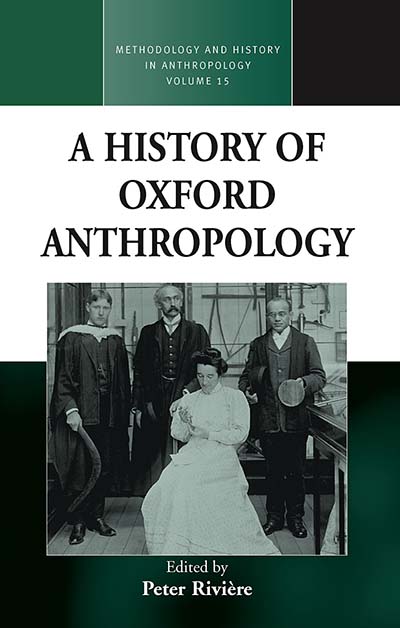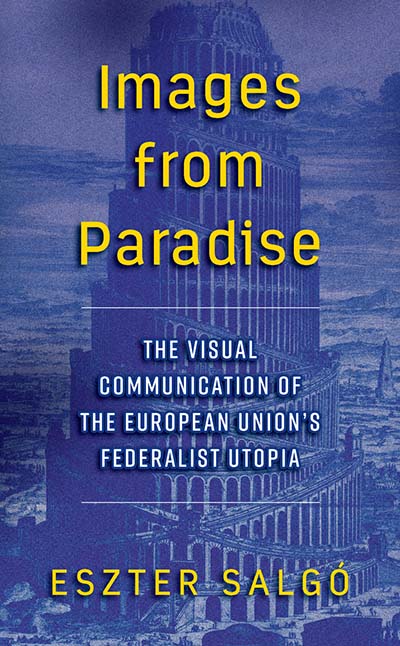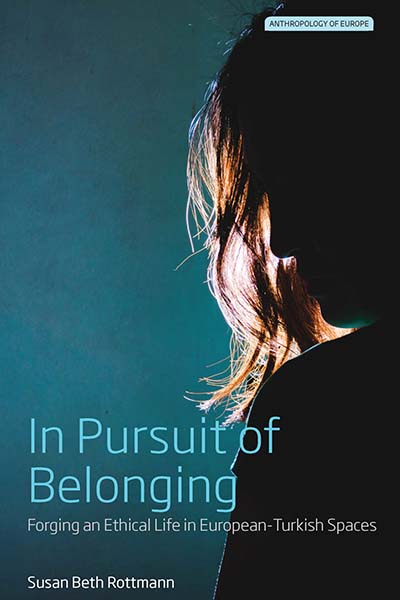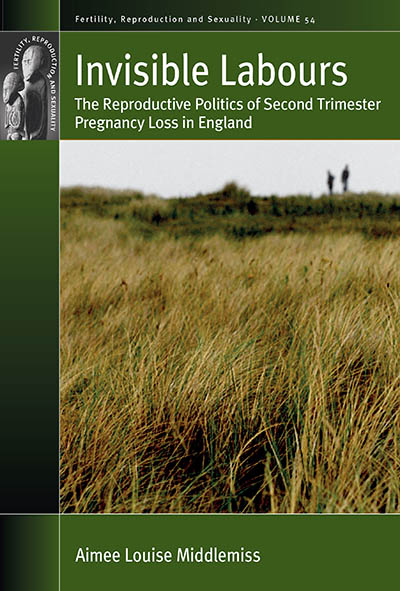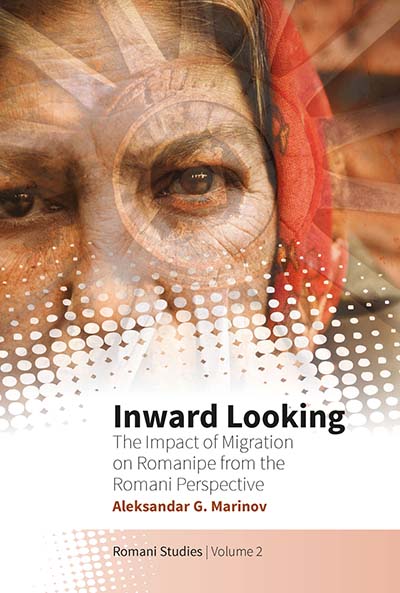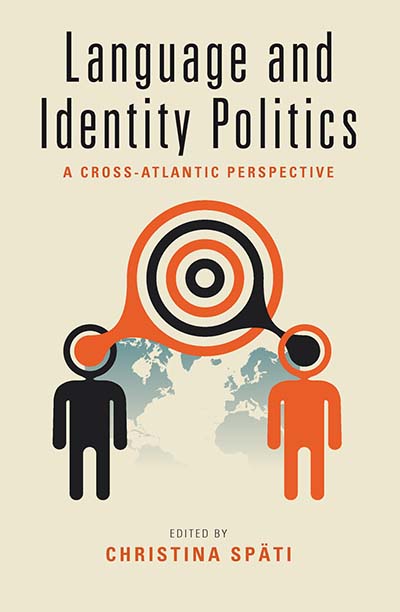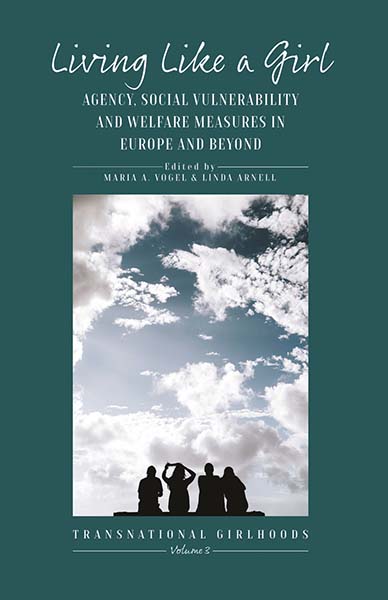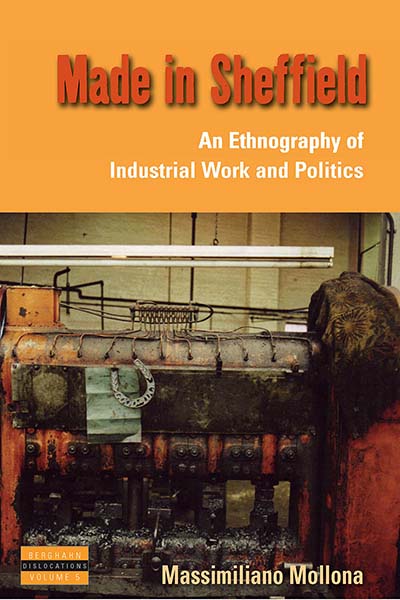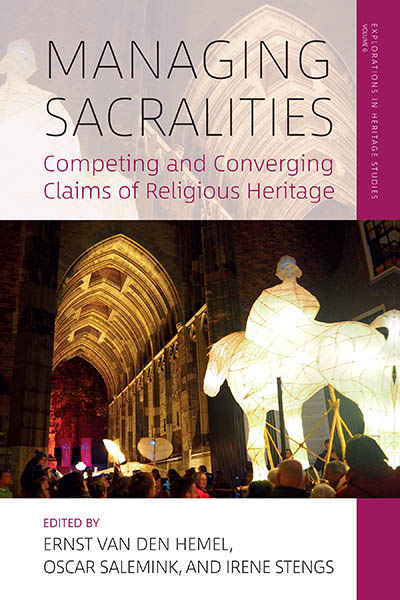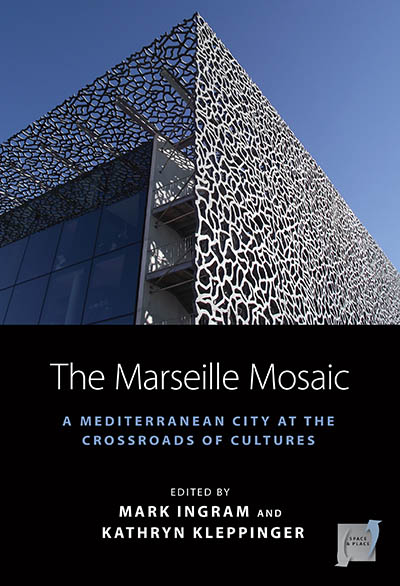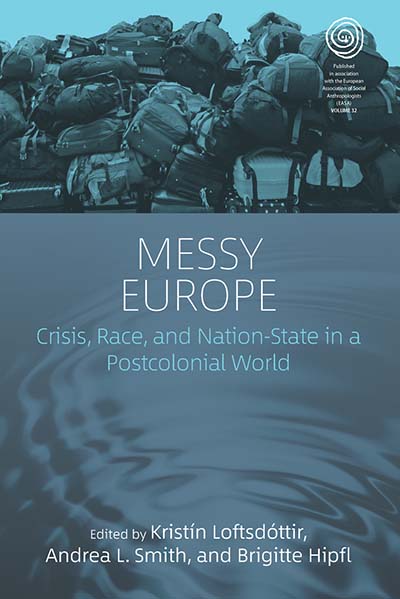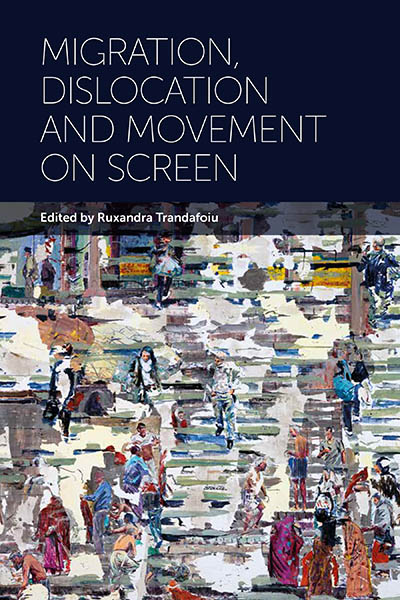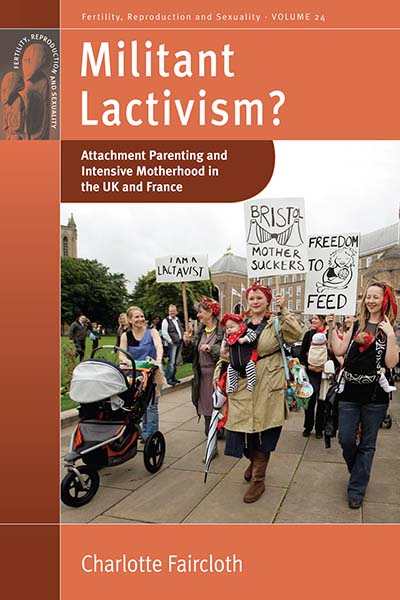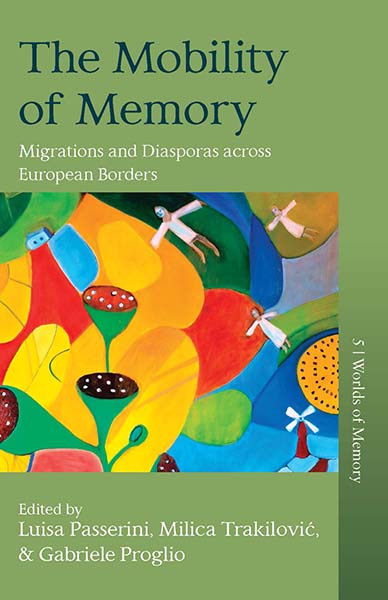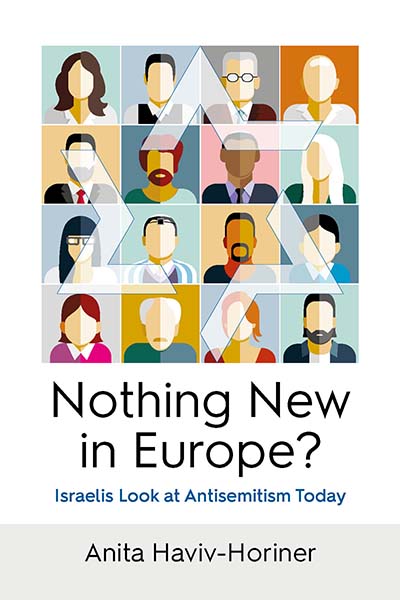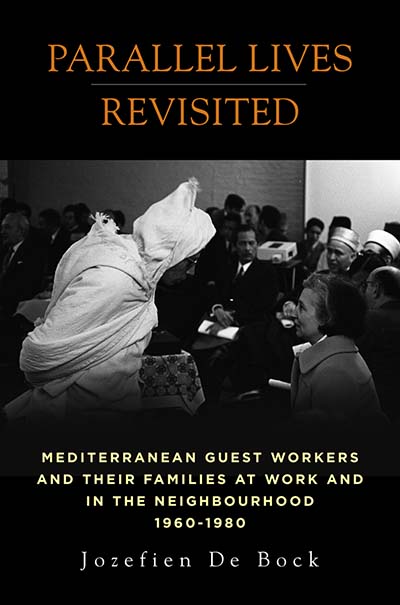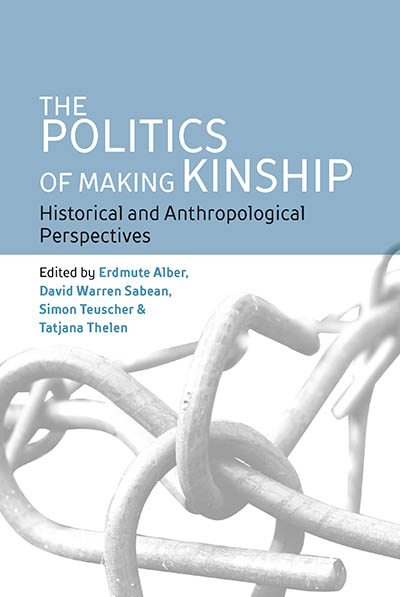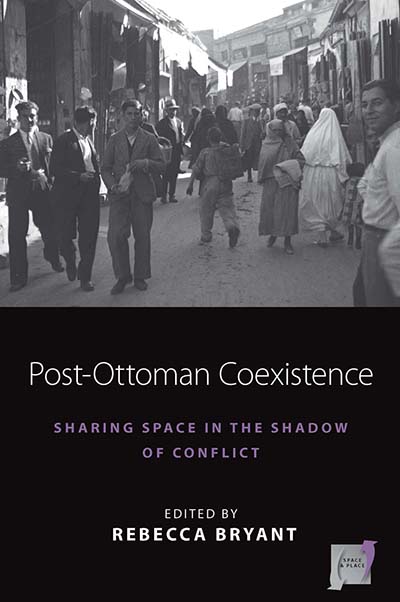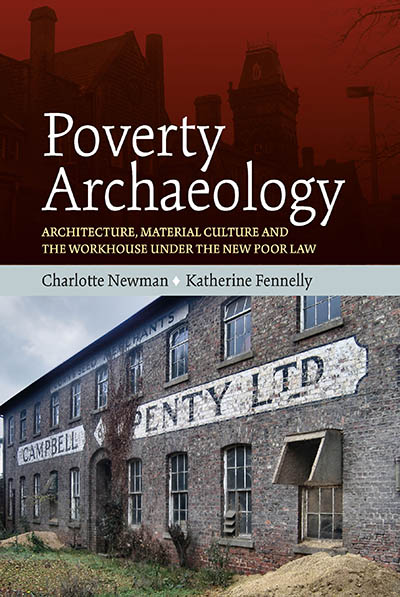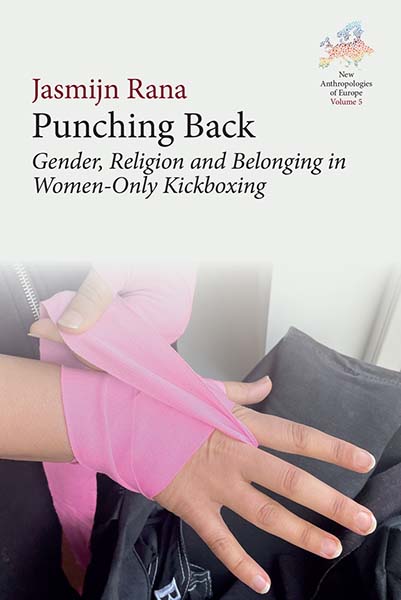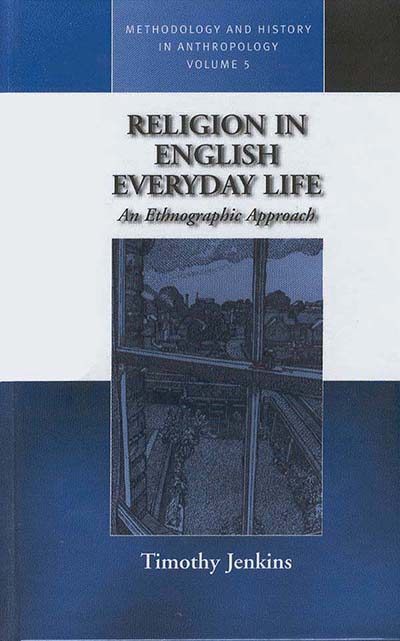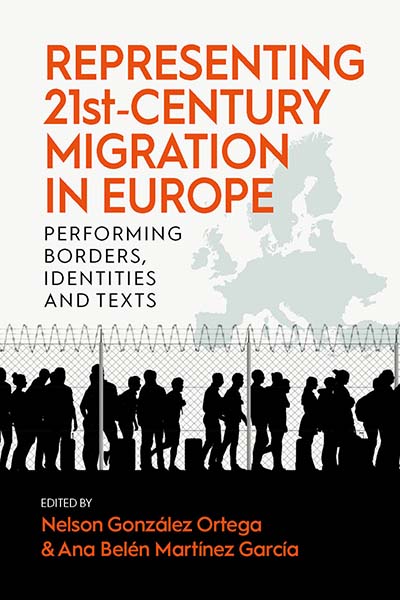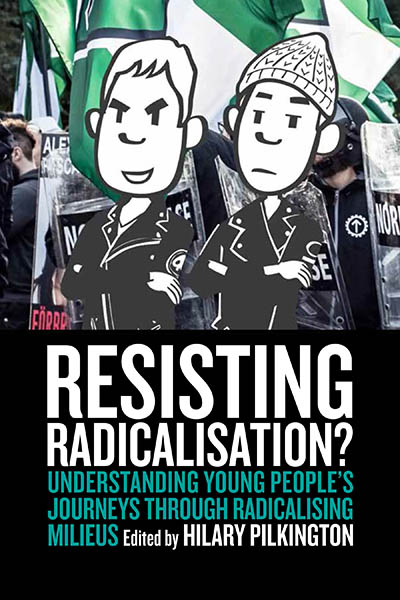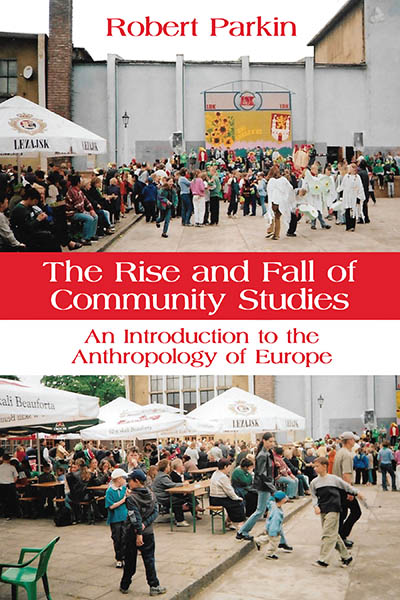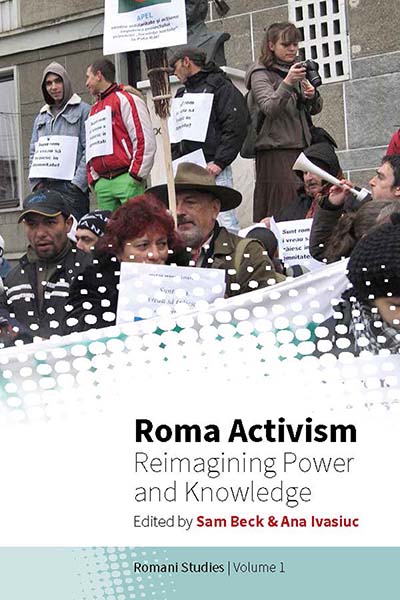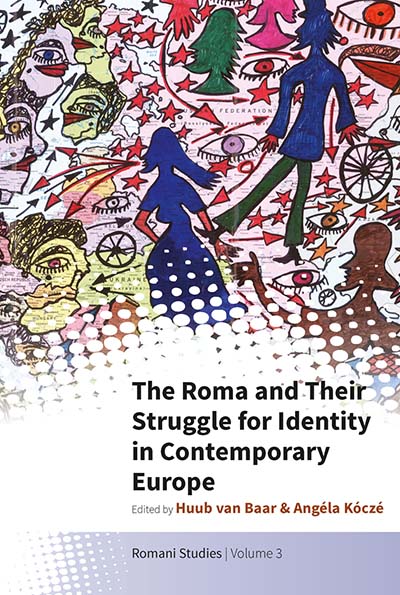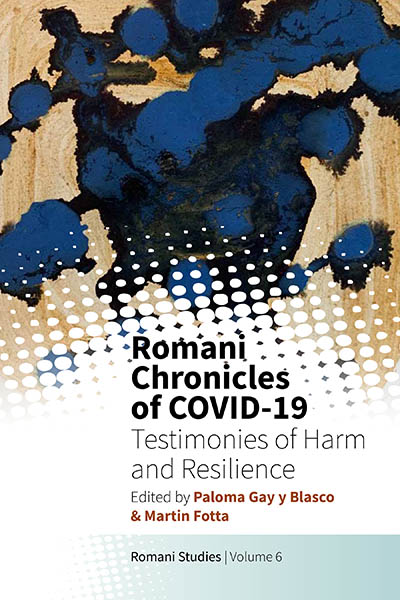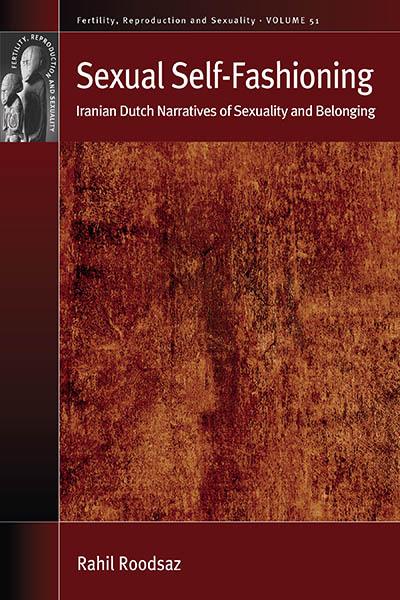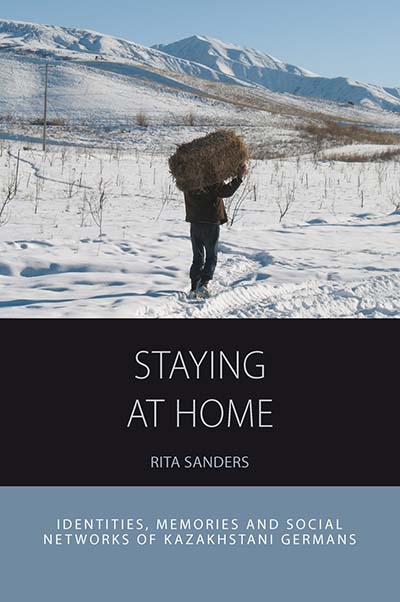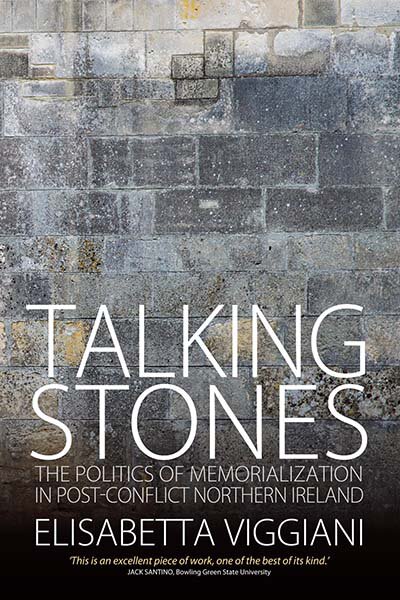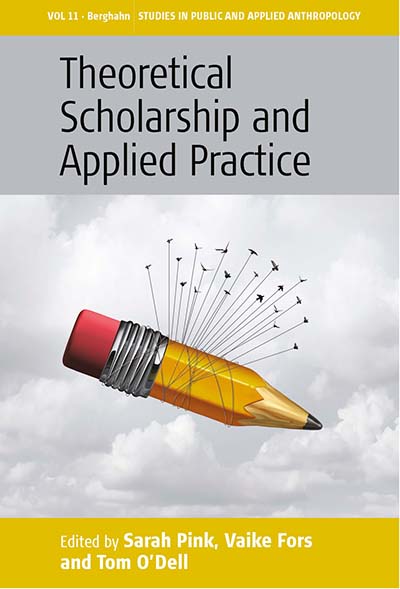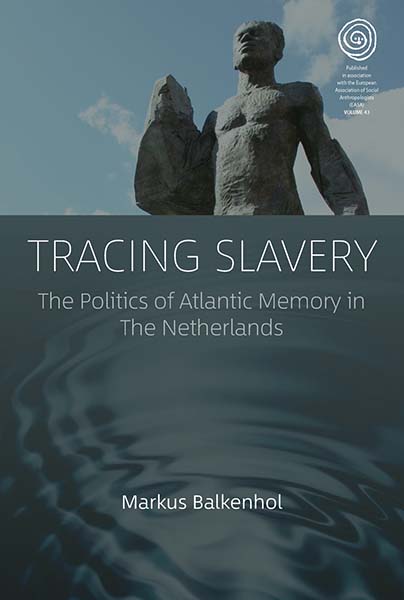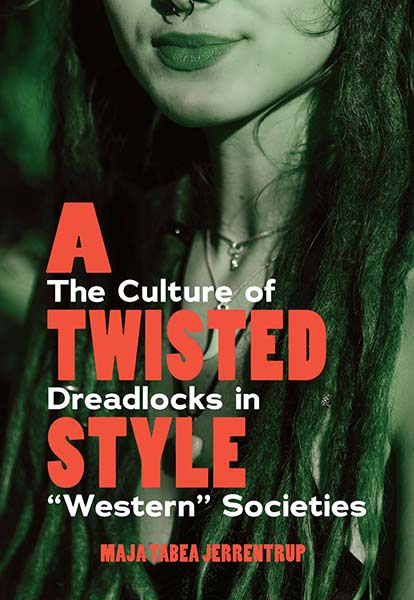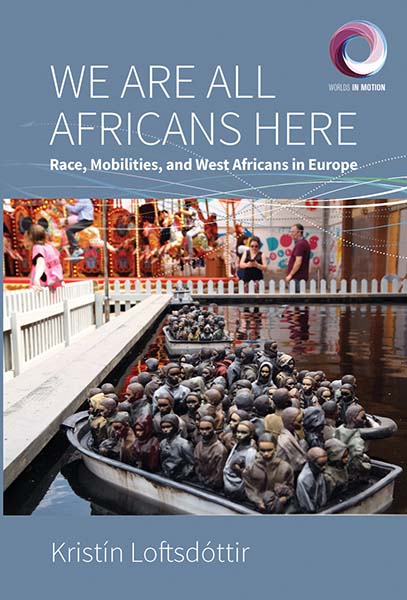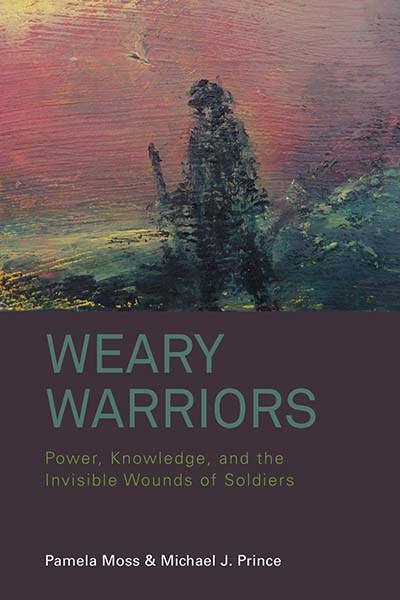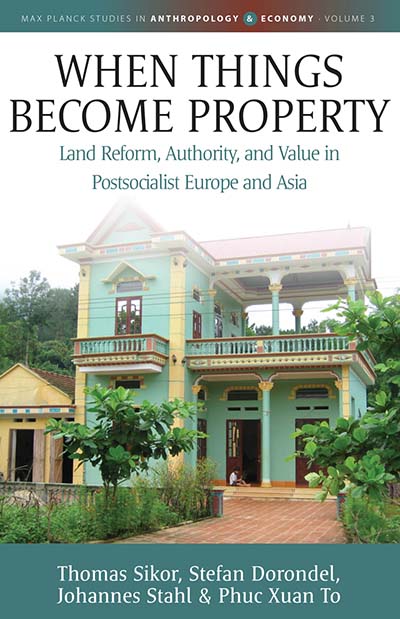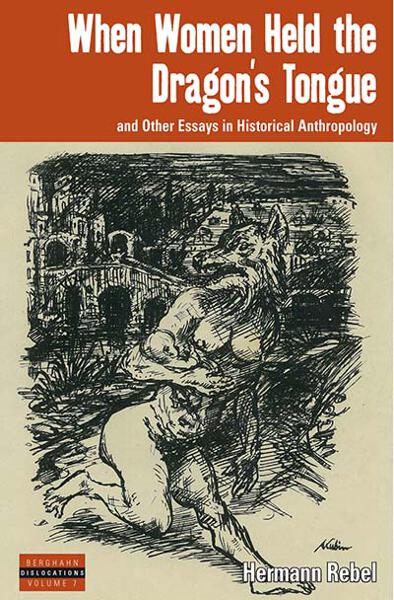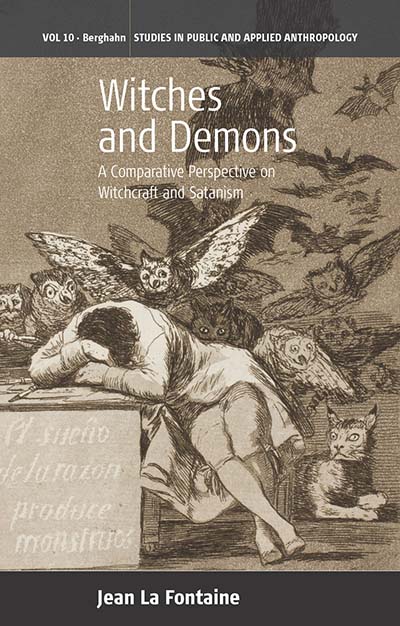Home -> Browse
-

‘You Don’t Know’
Precarious Methods and Life in a Workers' Hostel
Nielsen, J. A. E.
People employed at sites of precarious work such as call centres or retail warehouses often live precarious lives. Drawing on ethnographic research in a London hostel for precarious workers, the book explores the political, analytical and practical limitations of using traditional methods of trying to make sense of life in these settings. Traditional methods are rooted in practices that emerge from privileged social positions and their enactment is deeply entangled with the processes that create these conditions in the first place. This book responds to this by experimenting with ‘precarious methods’ to enable greater agency to those placed in these precarious situations.
Subjects: Theory and Methodology Sociology
Area: Europe
-

Access to Assisted Reproductive Technologies
The Case of France and Belgium
Merchant, J. (ed)
Despite France and Belgium sharing and interacting constantly with similar culinary tastes, music and pop culture, access to Assisted Reproductive Technologies are strikingly different. Discrimination written into French law acutely contrasts with non-discriminatory access to ART in Belgium. The contributors of this volume are social scientists from France, Belgium, England and the United States, representing different disciplines: law, political science, philosophy, sociology and anthropology. Each author has attempted, through the prism of their specialties, to demonstrate and analyse how and why this striking difference in access to ART exists.
Subjects: Medical Anthropology Sociology
Areas: France Europe
-

After Society
Anthropological Trajectories out of Oxford
Pina-Cabral, J. & Bowman, G. (eds)
In the early 1980s, when the contributors to this volume completed their graduate training at Oxford, the conditions of practice in anthropology were undergoing profound change. Professionally, the immediate postcolonial period was over and neoliberal reforms were marginalizing the social sciences. Analytically, the poststructuralist critique of the notion of ‘society’ challenged a discipline that dubbed itself as ‘social’. Here self-ethnography is used to portray the contributors’ anthropological trajectories, showing how analytical and academic engagements interacted creatively over time.
Subject: Theory and Methodology
Area: Europe
-

Alfred Cort Haddon
A Very English Savage
Walsh, C.
An innovative account of one of the least-understood characters in the history of anthropology.
Using previously overlooked, primary sources Ciarán Walsh argues that Haddon, the grandson of anti-slavery activists, set out to revolutionize anthropology in the 1890s in association with a network of anarcho-utopian activists and philosophers. He regards most of what has been written about Haddon in the past as a form of disciplinary folklore shaped by a theory of scientific revolutions.
The main action takes place in Ireland, where Haddon adopted the persona of a very English savage in a new form of performed photo-ethnography that constituted a singularly modernist achievement in anthropology.
From the Introduction:
Alfred Cort Haddon was written out of the story of anthropology for the same reasons that make him interesting today. He was passionately committed to the protection of simpler societies and their civilisations from colonists and their supporters in parliament and the armed forces.
Subjects: Anthropology (General) Theory and Methodology
Area: Europe
-

Anthropology and Public Service
The UK Experience
MacClancy, J. (ed)
These days an increasing number of social anthropologists do not find employment within academia. Rather, many find jobs with commercial organizations or in government, where they run research teams and create policy. These scholars provide a much-needed social dimension to government thinking and practice. Anthropology and Public Service shows how anthropologists can set new agendas, and revise old ones in the public sector. Written for scholars and students of various social sciences, these chapters include discussions of anthropologists’ work with the Department for International Development, the Ministry of Defence, the UK Border Agency, and the Cabinet Office, and their contributions to prison governance.
Subject: Applied Anthropology
Area: Europe
-

Asymmetrical Conversations
Contestations, Circumventions, and the Blurring of Therapeutic Boundaries
Naraindas, H., Quack, J., & Sax, W. S. (eds)
Ideas about health are reinforced by institutions and their corresponding practices, such as donning a patient's gown in a hospital or prostrating before a healing shrine. Even though we are socialized into regarding such ideologies as "natural" and unproblematic, we sometimes seek to bypass, circumvent, or even transcend the dominant ideologies of our cultures as they are manifested in the institutions of health care. The contributors to this volume describe such contestations and circumventions of health ideologies, and the blurring of therapeutic boundaries, on the basis of case studies from India, the South Asian Diaspora, and Europe, focusing on relations between body, mind, and spirit in a variety of situations. The result is not always the "live and let live" medical pluralism that is described in the literature.
Subjects: Medical Anthropology Anthropology of Religion
Areas: Asia Europe
-

Beyond Pain
The Anthropology of Body Suspensions
Manfredi, F.
The practice of body suspension — piercing one’s own flesh with metal hooks and hanging from them — and its uniquely sprawling community challenge our cultural understanding of pain. The suspendees experience physical suffering to trigger altered states of consciousness that help them define and create an enhanced version of the self. Through experimental and practice-based methodology, Beyond Pain combines thirteen years of intermittent ethnographical fieldwork during suspension festivals and private events in Italy, Portugal, and Norway, along with online sites such as Facebook groups, to uncover the often silenced and misunderstood voices of the people who undertake this practice.
Subjects: Cultural Studies (General) Anthropology (General)
Area: Europe
-

Beyond the Lens of Conservation
Malagasy and Swiss Imaginations of One Another
Keller, E.
The global agenda of Nature conservation has led to the creation of the Masoala National Park in Madagascar and to an exhibit in its support at a Swiss zoo, the centerpiece of which is a mini-rainforest replica. Does such a cooperation also trigger a connection between ordinary people in these two far-flung places? The study investigates how the Malagasy farmers living at the edge of the park perceive the conservation enterprise and what people in Switzerland see when looking towards Madagascar through the lens of the zoo exhibit. It crystallizes that the stories told in either place have almost nothing in common: one focuses on power and history, the other on morality and progress. Thus, instead of building a bridge, Nature conservation widens the gap between people in the North and the South.
Subjects: Anthropology (General) Environmental Studies (General) Development Studies Political and Economic Anthropology
Areas: Africa Europe
-

Boaters of London
Alternative Living on the Water
Bowles, B. O. L.
London and the Southeast of England is home to an alternative community of people called 'boaters': individuals and families who live on narrowboats, cruisers and barges, along a network of canals and rivers. Many of these people move from place to place every two weeks due to mooring rules and form itinerant communities in the heart of some of the UK’s most built-up and expensive urban spaces. Boaters of London is an ethnography that delves into the process of becoming a boater, adopting an alternative lifestyle on the water and the political impact that this travelling population has on the state.
Subjects: Anthropology (General) Sociology Urban Studies
Area: Europe
-

Borders across Healthcare
Moral Economies of Healthcare and Migration in Europe
Sahraoui, N. (ed)
Examining which actors determine undocumented migrants’ access to healthcare on the ground, this volume looks at what happens in the daily interactions between administrative personnel, healthcare professionals and migrant patients in healthcare institutions across Europe. Borders across Healthcare explores contemporary moral economies of the healthcare-migration nexus. The volume documents the many ways in which borders come to disrupt healthcare settings and illuminates how judgements of a health-related deservingness become increasingly important, producing hierarchies that undermine a universal right to healthcare.
Subjects: Medical Anthropology Mobility Studies Sociology Sustainable Development Goals
Area: Europe
-

'City of the Future'
Built Space, Modernity and Urban Change in Astana
Laszczkowski, M.
Astana, the capital city of the post-Soviet Kazakhstan, has often been admired for the design and planning of its futuristic cityscape. This anthropological study of the development of the city focuses on every-day practices, official ideologies and representations alongside the memories and dreams of the city’s longstanding residents and recent migrants. Critically examining a range of approaches to place and space in anthropology, geography and other disciplines, the book argues for an understanding of space as inextricably material-and-imaginary, and unceasingly dynamic – allowing for a plurality of incompatible pasts and futures materialized in spatial form.
Subjects: Urban Studies Anthropology (General) Geography
Areas: Europe Asia
-

Contemporary Pagan and Native Faith Movements in Europe
Colonialist and Nationalist Impulses
Rountree, K. (ed)
Pagan and Native Faith movements have sprung up across Europe in recent decades, yet little has been published about them compared with their British and American counterparts. Though all such movements valorize human relationships with nature and embrace polytheistic cosmologies, practitioners’ beliefs, practices, goals, and agendas are diverse. Often side by side are groups trying to reconstruct ancient religions motivated by ethnonationalism—especially in post-Soviet societies—and others attracted by imported traditions, such as Wicca, Druidry, Goddess Spirituality, and Core Shamanism. Drawing on ethnographic cases, contributors explore the interplay of neo-nationalistic and neo-colonialist impulses in contemporary Paganism, showing how these impulses play out, intersect, collide, and transform.
Subjects: Anthropology (General) Anthropology of Religion
Area: Europe
-

Continental Encampment
Genealogies of Humanitarian Containment in the Middle East and Europe
Knudsen, A. J. & Berg, K. G. (eds)
During the past decade, Syria’s displacement crisis has made the Middle East one of the world’s foremost refugee-hosting regions. The measures to prevent refugees and migrants from leaving the region, and returning those who do, has made the region a zone of containment where millions remain displaced. The volume explores responses to mass migration and traces the genealogy of humanitarian containment from the Ottoman Empire and the emergence of the first refugee camps to the present-day displacement ‘crises’ and the re-bordering of Europe.
Subjects: Anthropology (General) Refugee and Migration Studies Development Studies
Areas: Middle East & Israel Europe
-

The Cracked Art World
Conflict, Austerity, and Community Arts in Northern Ireland
Rush, K.
This book presents a nuanced view of Northern Ireland, a place at once deeply mired in its past and seeking to forge a new future for itself as a ‘post-post-conflict’ place within the context of a changing United Kingdom, a disintegrating Europe, and a globalized world. This is a Northern Ireland that is conflicted, segregated, and marginalized within modern Europe, but also hopeful and forward looking, seeking to articulate for itself a new place in the contemporary world.
Subjects: Anthropology (General) Cultural Studies (General) Sociology
Area: Europe
-

Critiquing Neoliberalism
Art and Activism in Post-Recession Dublin
Morningstar, N.
Following the fallout of the 2008 recession in the Republic of Ireland, its creative economy is framed as a window onto a range of other shifts in contemporary Irish society, including the recent rise of Irish nationalism. This book follows a group of young activists and artists who were facing increasingly precarious housing and labour market and were involved in a range of activist campaigns – particularly for reproductive rights and social and affordable housing, critiquing what they referred to as ‘neoliberalism’.
Subjects: Political and Economic Anthropology Sociology Urban Studies
Area: Europe
-

Death of the Public University?
Uncertain Futures for Higher Education in the Knowledge Economy
Wright, S. & Shore, C. (eds)
Universities have been subjected to continuous government reforms since the 1980s, to make them ‘entrepreneurial’, ‘efficient’ and aligned to the predicted needs and challenges of a global knowledge economy. Under increasing pressure to pursue ‘excellence’ and ‘innovation’, many universities are struggling to maintain their traditional mission to be inclusive, improve social mobility and equality and act as the ‘critic and conscience’ of society. Drawing on a multi-disciplinary research project, University Reform, Globalisation and Europeanisation (URGE), this collection analyses the new landscapes of public universities emerging across Europe and the Asia-Pacific, and the different ways that academics are engaging with them.
Subjects: Educational Studies Anthropology (General)
Areas: Europe Asia-Pacific
-

Death, Materiality and Mediation
An Ethnography of Remembrance in Ireland
Graham, B.
In Death, Materiality and Mediation, Barbara Graham analyzes a diverse range of objects associated with remembrance in both the public and private arenas through ethnography of communities on both sides of the Irish border. In doing so, she explores the materially mediated interactions between the living and the dead, revealing the physical, cognitive, emotional, and spiritual roles of the dead in contemporary communities. Through this study, Graham expands the concept of materiality to include narrative, song, senses, emotions, ephemera and embodied experience. She also examines how modern practices are informed by older beliefs and folk religion.
Subjects: Anthropology (General) Heritage Studies Anthropology of Religion
Area: Europe
-

Decolonizing Europe
Ethnographies of National and Transnational Projects
Ferraz de Matos, P. & Sansone, L. (eds)
Inspired by the global resonance of the Black Lives Matter movement in 2020, this book adds to the current discussion on the idea of decolonizing Europe. Drawing inspiration from the study of colonialism, postcolonialism and the imperative to decolonize knowledge and practice, the editors bring together a group of scholars approaching these issues through ethnographic inquiry. The volume explores how race, colonial legacies and structural inequality are addressed across diverse European contexts – north, central, eastern and southern – as well as in their entanglements with regions beyond Europe. It offers critical, grounded insights into the possibilities and challenges of decolonial thinking today.
Subjects: Political and Economic Anthropology Colonial History
Area: Europe
-

Difference and Sameness in Schools
Perspectives from the European Anthropology of Education
Gilliam, L. & Markom, C. (eds)
Presenting European Anthropology of Education through eleven studies of European schools, this volume explores the constructing and handling of difference and sameness in the central institutions of schools. Based on ethnographic studies of schools in Greece, England, Norway, Italy, Switzerland, the Czech Republic, Spain, Austria, Russia, Germany, the Netherlands and Denmark, it illustrates how anthropological studies of schools provide a window to larger society. It thus offers insights into cultural lessons taught to children through policies, institutional structures and everyday interactions, as well as into schools’ entanglement in state projects, cultural processes, societal histories and conflicts, and hence into contemporary Europe.
Subjects: Educational Studies Anthropology (General) Sociology Sustainable Development Goals
Area: Europe
-

Enduring Uncertainty
Deportation, Punishment and Everyday Life
Hasselberg, I.
Focusing on the lived experience of immigration policy and processes, this volume provides fascinating insights into the deportation process as it is felt and understood by those subjected to it. The author presents a rich and innovative ethnography of deportation and deportability experienced by migrants convicted of criminal offenses in England and Wales. The unique perspectives developed here – on due process in immigration appeals, migrant surveillance and control, social relations and sense of self, and compliance and resistance – are important for broader understandings of border control policy and human rights.
Subjects: Refugee and Migration Studies Anthropology (General)
Area: Europe
-

Ethnographies of Movement, Sociality and Space
Place-Making in the New Northern Ireland
Komarova, M. & Svašek, M. (eds)
Exploring the complex dynamics of twenty-first century spatial sociality, this volume provides a much-needed multi-dimensional perspective that undermines the dominant image of Northern Ireland as a conflict-ridden place. Despite touching on memories of “the Troubles” and continuing unionist-nationalist tensions, the volume refuses to consider people in the region as purely political beings, or to understand processes of placemaking solely through ethnic or national contestations and territoriality. Topics such as the significance of friendship, gender, and popular culture in spatial practices are considered, against the backdrop of the growing presence of migrants, refugees and diasporic groups.
Subjects: Anthropology (General) Sociology Urban Studies Cultural Studies (General)
Area: Europe
-

European Anthropologies
Barrera-González, A., Heintz, M. & Horolets, A. (eds)
In what ways did Europeans interact with the diversity of people they encountered on other continents in the context of colonial expansion, and with the peasant or ethnic ‘Other’ at home? How did anthropologists and ethnologists make sense of the mosaic of people and societies during the nineteenth and twentieth centuries, when their disciplines were progressively being established in academia? By assessing the diversity of European intellectual histories within sociocultural anthropology, this volume aims to sketch its intellectual and institutional portrait. It will be a useful reading for the students of anthropology, ethnology, history and philosophy of science, research and science policy makers.
Subjects: Anthropology (General) Theory and Methodology Colonial History
Area: Europe
-

European Kinship in the Age of Biotechnology
Edwards, J. & Salazar, C. (eds)
Interest in the study of kinship, a key area of anthropological enquiry, has recently reemerged. Dubbed ‘the new kinship’, this interest was stimulated by the ‘new genetics’ and revived interest in kinship and family patterns. This volume investigates the impact of biotechnology on contemporary understandings of kinship, of family and ‘belonging’ in a variety of European settings and reveals similarities and differences in how kinship is conceived. What constitutes kinship for different publics? How significant are biogenetic links? What does family resemblance tell us? Why is genetically modified food an issue? Are ‘genes’ and ‘blood’ interchangeable? It has been argued that the recent prominence of genetic science and genetic technologies has resulted in a ‘geneticization’ of social life; the ethnographic examples presented here do show shifts occurring in notions of ‘nature’ and of what is ‘natural’. But, they also illustrate the complexity of contemporary kinship thinking in Europe and the continued interconnectedness of biological and sociological understandings of relatedness and the relationship between nature and nurture.
Subject: Medical Anthropology
Area: Europe
-

Fabrics of Anthropological Knowledge
Changing Perspectives in Europe and Beyond
Birkalan-Gedik, H. & Dimpflmeier, F. (eds)
Weaving together a collection of original essays, this book looks at the transnational circulations of people, concepts and practices in anthropology, revealing the many ways that they cross borders. The essays focus on European anthropological traditions and beyond, including broader transnational interactions, to uncover the intricate fabrics of interconnected influences that have shaped anthropology. By presenting these diverse threads, the volume challenges the notion of singular, separated traditions of anthropology and demonstrates how the field has been shaped by a rich plurality of transnational connections, negotiations and entanglements in the past and today.
Subjects: Anthropology (General) Theory and Methodology
Area: Europe
-

Facing Discrimination
Religion and Agency in Contemporary European Contexts
Lems, J. & Planet Contreras, A. (eds)
Across Europe, racialised groups and other minorities are often subject to discriminatory policies and practices. Facing Discrimination offers insight into the dynamics of religious beliefs and practices among those who are discriminated against, showing how religion as a source of agency interacts with processes of marginalization. Six micro-level studies from Spain, Portugal and the Netherlands examine stigmatised groups and individuals, analysing how religious involvement in its multiple forms and interpretations, affects the capacity to respond to exclusion and shape the acceptance or rejection of imposed categories.
Subjects: Anthropology of Religion Political and Economic Anthropology
Area: Europe
-

Figuration Work
Student Participation, Democracy and University Reform in a Global Knowledge Economy
Nielsen, G. B.
What role should students take in shaping their education, their university, and the wider society? These questions have assumed new importance in recent years as universities are reformed to become more competitive in the “global knowledge economy.” With Denmark as the prism, this book shows how negotiations over student participation — influenced by demands for efficiency, flexibility, and student-centered education — reflect broader concerns about democracy and citizen participation in increasingly neoliberalised states. Combining anthropological and historical research, Gritt B. Nielsen develops a novel approach to the study of policy processes and opens a timely discussion about the kinds of future citizens who will emerge from current reforms.
Subjects: Educational Studies Anthropology (General)
Area: Europe
-

Finding Home in Europe
Chronicles of Global Migrants
Pérez Murcia, L. E. & Bonfanti, S. (eds)
Bringing together the voices of nine individuals from an archive of over two hundred in-depth interviews with transnational migrants and refugees across five European countries, Finding Home in Europe critically engages with how home is experienced by those who move among changing social and cultural constraints. Highly conscious of the political strength of their voices, migrants and asylum seekers speak out loud to the authors, as this volume seeks to challenge the narrative that these people are ‘out of place’ or cannot claim their right to belong.
Subjects: Refugee and Migration Studies Theory and Methodology
Area: Europe
-

Finding Ways Through Eurospace
West African Movers Re-viewing Europe from the Inside
Schapendonk, J.
Studying the im/mobility trajectories of West Africans in the EU, this book presents a new approach to West African migrants in Europe. It argues that a migration lens is not necessarily the best starting point to understand these dynamic im/mobility processes. Rather than seeing migrancy as the primary marker of their lives, this book positions these trajectories in a wider social script of mobility and discusses how African migrants are confronted with rigid mobility regimes, but also how they manage to transgress and circumvent them.
Subjects: Mobility Studies Anthropology (General)
Area: Europe
-

Fire in the Dark
Telling Gypsiness in North East England
Buckler, S.
Anthropologists who are employed to change the worlds they are researching find themselves in a potentially contradictory position. Combining the various roles and expectations involved in working with Gypsies and local government at the same time as conducting anthropological research, provides the overall perspective of this study. It is an unusual and effective balance of insightful ethnography and anthropological theory with the perspective of someone employed to carry out applied work. An effective and creative use of metaphor structures the entire work and allows complex ideas to be conveyed in an accessible way. Drawing upon traditional anthropological approaches such as kinship and story telling and engaging with the works of major social theorists such as Weber, Bourdieu and Foucault as well as the work of contemporary anthropologists, this work demonstrates the use of anthropology in understanding changing situations and in deciding how best to manage such situations.
Subjects: Applied Anthropology Sociology Anthropology (General)
Area: Europe
-

From Legacies to Futures
The Lifeworlds of Older Adults in Europe
Seidel, K., Prendergast, D., & Saris, A. J.
Older adults want to exercise a sense of control over their relationships, structures and surroundings as they navigate the later life course. Through detailed ethnographic case studies, this book examines the dynamic lifeworlds of a hundred and seven community-dwelling older adults in Europe before and during the COVID-19 pandemic. It explores the importance of agency, the frictions between self-perceptions of age and outside impositions and the need to deconstruct old age as a homogenising category. These insights challenge simple narratives of older persons as social burdens by highlighting the complex roles they fill in family, neighbourhood and communities.
Subjects: Anthropology (General) Medical Anthropology Sociology
Area: Europe
-

Gentrifications
Views from Europe
Chabrol, M., Collet, A., Giroud, M., Launay, L., Rousseau, M., Minassian, H. ter
Offering an original discussion of the gentrification phenomenon in Europe, this book provides new theoretical insights into classical works on the subject. Using a thorough analysis of the diversity of the forms, places and actors of gentrification in an attempt to isolate its ‘DNA’, the book addresses the place of social groups in cities, their competition over the appropriation of space, the infrastructure unequally offered to them by economic and political actors and the stakes of everyday social relationships.
Subjects: Urban Studies Sociology Anthropology (General) Sustainable Development Goals
Area: Europe
-

Grazing Communities
Pastoralism on the Move and Biocultural Heritage Frictions
Bindi, L. (ed)
Pastoralism is a diffused and ancient form of human subsistence and probably one of the most studied by anthropologists at the crossroads between continuities and transformations. The present critical discourse on sustainable and responsible development implies a change of practices, a huge socio-economic transformation, and the return of new shepherds and herders in different European regions. Transhumance and extensive breeding are revitalized as a potential resource for inner and rural areas of Europe against depopulation and as an efficient form of farming deeply influencing landscape and functioning as a perfect eco-system service. This book is an occasion to reconsider grazing communities’ frictions in the new global heritage scenario.
Subjects: Anthropology (General) Sociology Development Studies Sustainable Development Goals
Area: Europe
-

The Great Reimagining
Public Art, Urban Space, and the Symbolic Landscapes of a 'New' Northern Ireland
Hocking, B. T.
While sectarian violence has greatly diminished on the streets of Belfast and Derry, proxy battles over the right to define Northern Ireland’s identity through its new symbolic landscapes continue. Offering a detailed ethnographic account of Northern Ireland’s post-conflict visual transformation, this book examines the official effort to produce new civic images against a backdrop of ongoing political and social struggle. Interviews with politicians, policymakers, community leaders, cultural workers, and residents shed light on the deeply contested nature of seemingly harmonized urban landscapes in societies undergoing radical structural change. Here, the public art process serves as a vital means to understanding the wider politics of a transforming public sphere in an age of globalization and transnational connectivity.
Subjects: Urban Studies Anthropology (General)
Area: Europe
-

A History of Oxford Anthropology
Rivière, P. (ed)
Informative as well as entertaining, this volume offers many interesting facets of the first hundred years of anthropology at Oxford University.
Subjects: Theory and Methodology History (General)
Area: Europe
-

Images from Paradise
The Visual Communication of the European Union's Federalist Utopia
Salgó, E.
Drawing upon the disciplines of politics, anthropology, psychoanalysis, aesthetics and cinema studies, Salgó presents a new way of looking at the “art of European unification.” The official visual narratives of the European Union constitute the main object of inquiry – the iconography of the new series of euro banknotes and the videos through which the supranational elite seek to generate “collective effervescence,” allow for a European carnival to take place, and prompt citizens to pledge allegiance to the sacred dogma of the “ever closer union,” thereby strengthening the mythical sources of the organization’s legitimacy. The author seeks to illustrate how and why the federalist utopia turned into a political soteriology after the outbreak of the 2008 crisis.
Subjects: Anthropology (General) Political and Economic Anthropology Media Studies
Area: Europe
-

In Pursuit of Belonging
Forging an Ethical Life in European-Turkish Spaces
Rottmann, S, B.
Belonging is a not a state that we achieve, but a struggle that we wage. The struggle for belonging is more difficult if one is returning to a homeland after many years abroad. In Pursuit of Belonging is an ethnography of Turkish migrants’ struggle for understanding, intimacy and appreciation when they return from Germany to their Turkish homeland. Drawing on an established tradition of life story writing in anthropology, Rottmann conveys the struggle to forge an ethical life by relating the experiences of a second-generation German-Turkish woman named Leyla.
Subjects: Anthropology (General) Refugee and Migration Studies Sociology
Areas: Europe Middle East & Israel
-

Invisible Labours
The Reproductive Politics of Second Trimester Pregnancy Loss in England
Middlemiss, A. L.
Tracing women’s experiences of miscarriage and termination for foetal anomaly in the second trimester, before legal viability, shows how such events are positioned as less ‘real’ or significant when the foetal being does not, or will not, survive. Invisible Labours describes the reproductive politics of this category of pregnancy loss in England. It shows how second trimester pregnancy loss produces specific medical and social experiences, revealing an underlying teleological ontology of pregnancy. Some women then understand their pregnancy through kinship with the unborn baby.
Subjects: Anthropology (General) Medical Anthropology Gender Studies and Sexuality
Area: Europe
-

Inward Looking
The Impact of Migration on Romanipe from the Romani Perspective
Marinov, A. G.
At present, Roma are an integral part of Europe, though they face structural and social inequalities and different forms of exclusion and discrimination. Inward Looking seeks to understand the relationship between Romani identity, performance and migration. Particularly, it studies the idea of ‘Romanipe’ through the prism of the personal accounts of Romani migrants. It also seeks to understand the relationships between the Romani groups in Europe, due to their increased travel and convergence, and predict the effects of migration on (new) Romani consciousness. The findings are based on qualitative data gathered from Romani migrants from three towns in Bulgaria.
Subjects: Anthropology (General) Sociology Cultural Studies (General) Refugee and Migration Studies
Area: Europe
-

Keywords of the Balkan Route
The European Irregularized Migration Regime at the Periphery
Hameršak, M., Pleše, I., & Škokić, T. (eds)
Shaped by the criminalization of migration and control over movement, the Balkan Route has emerged as a key site of border violence and migrant resistance along the southeastern edges of the European Union. Keywords of the Balkan Route explores the vocabularies structuring this regime by tracing the meanings, overlaps, and tensions of terms such as Autonomy, Route, Waiting, Game, and Solidarity. Featuring contributors from Croatia, Slovenia, and Serbia, the volume draws on ethnographic research and interdisciplinary approaches to examine restricted mobilities and border struggles through critically engaged perspectives and experimental analytical formats.
Subjects: Refugee and Migration Studies Political and Economic Anthropology
Area: Europe
-

Language and Identity Politics
A Cross-Atlantic Perspective
Späti, C. (ed)
In an increasingly multicultural world, the relationship between language and identity remains a complicated and often fraught subject for most societies. The growing political salience of questions relating to language is evident not only in the expanded implementation of new policies and legislation, but also in heated public debates about national unity, collective identities, and the rights of linguistic minorities. By taking a comprehensive approach that considers both the inclusive and exclusive dimensions of linguistic identity across Europe and North America, the studies assembled here provide a sophisticated look at one of the global era’s defining political dynamics.
Subjects: Sociology Anthropology (General)
Areas: Europe North America
-

Living Like a Girl
Agency, Social Vulnerability and Welfare Measures in Europe and Beyond
Vogel, M. & Arnell, L. (eds)
In recent decades, large-scale social changes have taken place in Europe. Ranging from neoliberal social policies to globalization and the growth of EU, these changes have significantly affected the conditions in which girls shape their lives. Living Like a Girl explores the relationship between changing social conditions and girls’ agency, with a particular focus on social services such as school programs and compulsory institutional care. The contributions in this collected volume seek to expand our understanding of contemporary European girlhood by demonstrating how social problems are managed in different cultural contexts, political and social systems.
Subjects: Gender Studies and Sexuality Sociology Cultural Studies (General) Sustainable Development Goals
Area: Europe
-

Love, Loyalty and Deceit
Rosemary Firth, a Life in the Shadow of Two Eminent Men
Firth, H. & Brown, L.
How much do we really know about our parents’ lives? What secrets lie in plain sight? This is the true story of hidden love within a small circle of some of the most acclaimed anthropologists of the 20th century.
Told by Rosemary and Raymond Firth's son, and the daughter of Celia and Edmund Leach, the man Rosemary loved all her life, this part love-story, part biography, part social history is the tale of a highly influential circle of social anthropologists in Britain from the 1930s, through the Second World War, to the end of the century.
The book explores their early influences, their insecurities, their flaws, struggles and achievements. It is a story of passion and commitment, but also of deceit and betrayal, including the inexplicable disappearance, death and alleged murder of a very close friend. It also narrates Rosemary's struggles for emotional and intellectual independence in the face of societal expectations of women and her own guilt, loss and self-doubt.
From the Prologue:
Rosemary loved many people in many different ways, but she loved two men in particular throughout most of her life. One was her husband, Raymond Firth, regarded by some as among the founding fathers of social anthropology. Yet she also retained a passionate devotion to her first love, Edmund Leach, who would subsequently become the public intellectual face of social anthropology in the later 1960s. Both separately and together they were part of the process of defining the nature of this still growing discipline in the first part of the mid-twentieth century.Subjects: Anthropology (General) History: 20th Century to Present
Area: Europe
-

Made in Sheffield
An Ethnography of Industrial Work and Politics
Mollona, M.
In 1900, Sheffield was the tenth largest city in the world. Cutlery “made in Sheffield” was used across the globe, and the city built armored plate for the navy in the run-up to the First World War. Today, however, Sheffield’s derelict Victorian shop floors and industrial buildings are hidden behind new leisure developments and shopping centers.
Based on an extended period of research in two local steel factories, this book combines a lively, descriptive account with a wide-ranging critique of post-industrial capitalism. Its central argument is that recent government attempts to engineer Britain’s transition to a post-industrial and classless society have instead created volatile post-industrial spaces marked by informal labor, industrial sweatshops and levels of risk and deprivation that divide citizens along lines of gender, age, and class. The author discovers a link between production and reproduction, and demonstrates the centrality of kinship relations, child and female labor, and intra-household exchanges to the economic process of de-industrialization. Paradoxically, government policies have reinvigorated working-class militancy, spawned local industrial clusters and re-embedded the economy in the spatial and social structure of the neighborhood.
Subjects: Urban Studies Political and Economic Anthropology
Area: Europe
-

Managing Sacralities
Competing and Converging Claims of Religious Heritage
Hemel, E. van den, Salemink, O., & Stengs, I. (eds)
What happens when religious sites, objects and practices become cultural heritage? What are —religious or secular—sources of expertise and authority that validate and regulate heritage sites, objects and practices? As cultural heritage becomes an increasingly popular and influential frame, these questions arise in diverse and challenging manners. The question who controls, manages, and frames religious heritage, and how, arises with particular urgency. Case studies from Denmark, the Netherlands, Poland, Portugal and the United Kingdom present an analysis of the paradoxes and challenges that arise when religious sites are transformed into heritage.
Subjects: Heritage Studies History (General) Anthropology of Religion
Area: Europe
-

The Marseille Mosaic
A Mediterranean City at the Crossroads of Cultures
Ingram, M. & Kleppinger, K. (eds)
Formerly the gateway to the French empire, the city of Marseille exemplifies a postcolonial Europe reshaped by immigrants, refugees, and repatriates. The Marseille Mosaic addresses the city’s past and present, exploring the relationship between Marseille and the rest of France, Europe, and the Mediterranean. Proposing new models for the study of place by integrating approaches from the humanities and social sciences, this volume offers an idiosyncratic “mosaic,” which vividly details the challenges facing other French and European cities and the ways residents are developing alternative perspectives and charting new urban futures.
Subjects: Cultural Studies (General) History: 20th Century to Present Sociology Urban Studies
Areas: France Europe
-

Messy Europe
Crisis, Race, and Nation-State in a Postcolonial World
Loftsdóttir, K., Smith, A. L., & Hipfl, B. (eds)
Using the economic crisis as a starting point, Messy Europe offers a critical new look at the issues of race, gender, and national understandings of self and other in contemporary Europe. It highlights and challenges historical associations of Europe with whiteness and modern civilization, and asks how these associations are re-envisioned, re-inscribed, or contested in an era characterized by crises of different kinds. This important collection provides a nuanced exploration of how racialized identities in various European regions are played out in the crisis context, and asks what work “crisis talk” does, considering how it motivates public feelings and shapes bodies, boundaries and communities.
Subjects: Anthropology (General) Sociology Refugee and Migration Studies Political and Economic Anthropology
Area: Europe
-

Migration as Anchorage
Ethnography of a Palestinian Family in London
Obeid, M.
On a temporary visit to London, a Palestinian family found themselves unable to return to Gaza during Israel’s 2008 war on their city. Understanding their stay in London as an act of ‘anchoring’, the family opened a Palestinian café and sought to make their lives – as individuals, as a family and as a community – viable in the face of uncertainty. By following the stories of various family members as they struggled to recreate a sense of home, this moving ethnography introduces the concept of anchorage as a novel lens to understand migration, home and place, highlighting the fluidity, temporariness and serendipity of these experiences.
Subjects: Refugee and Migration Studies Anthropology (General) Peace and Conflict Studies
Areas: Middle East & Israel Europe
-

Migration, Dislocation and Movement on Screen
Trandafoiu, R. (ed)
Contemporary screen industries such as film and television have become primary sites for visualizing borders, migration, maps, and travel as processes of separation and dislocation, but also connection. Migration, Dislocation and Movement on Screen pulls case studies in film and television industries from throughout Europe, North Africa, and Asia to interrogate the nature of movement via moving images. By combining theoretical, interdisciplinary engagements with empirical research, this volume offers a new way to look at screen media's representations of our contemporary world's transnational and cosmopolitan imaginaries.
Subjects: Film and Television Studies Refugee and Migration Studies History: 20th Century to Present
Area: Europe
-

Militant Lactivism?
Attachment Parenting and Intensive Motherhood in the UK and France
Faircloth, C.
Following networks of mothers in London and Paris, the author profiles the narratives of women who breastfeed their children to full term, typically a period of several years, as part of an 'attachment parenting' philosophy. These mothers talk about their decision to continue breastfeeding as 'the natural thing to do': 'evolutionarily appropriate', 'scientifically best' and 'what feels right in their hearts'. Through a theoretical focus on knowledge claims and accountability, the author frames these accounts within a wider context of 'intensive parenting', arguing that parenting practices – infant feeding in particular – have become a highly moralized affair for mothers, practices which they feel are a critical aspect of their 'identity work'. The book investigates why, how and with what implications some of these mothers describe themselves as 'militant lactivists' and reflects on wider parenting culture in the UK and France. Discussing gender, feminism and activism, this study contributes to kinship and family studies by exploring how relatedness is enacted in conjunction to constructions of the self.
Subjects: Medical Anthropology Gender Studies and Sexuality
Area: Europe
-

The Mobility of Memory
Migrations and Diasporas across European Borders
Passerini, L., Trakilović, M., & Proglio, G. (eds)
Migration is most concretely defined by the movement of human bodies, but it leaves indelible traces on everything from individual psychology to major social movements. Drawing on extensive field research, and with a special focus on Italy and the Netherlands, this interdisciplinary volume explores the interrelationship of migration and memory at scales both large and small, ranging across topics that include oral and visual forms of memory, archives, and artistic innovations. By engaging with the complex tensions between roots and routes, minds and bodies, The Mobility of Memory offers an incisive and empirically grounded perspective on a social phenomenon that continues to reshape both Europe and the world.
Subjects: Mobility Studies Refugee and Migration Studies Sociology Memory Studies
Area: Europe
-

Nothing New in Europe?
Israelis Look at Antisemitism Today
Haviv-Horiner, A.
Today, more than 75 years after the Holocaust and World War II, antisemitism remains a poisonous force in European culture and politics, whether cloaked in the garb of reactionary nationalism or manifested in outright physical violence. Nothing New in Europe? provides a sobering look at the persistence of European antisemitism today through fifteen interviews with Jewish Israelis living in Germany, Poland, France, and other countries, supplemented with in-depth scholarly essays. The interviewees draw upon their lived experiences to reflect on anti-Jewish rhetoric, the role of Israel, and the relationship between antisemitism and the persecution of other minorities.
Subject: Sociology
Area: Europe
-

Nothing Without Tourism
Local Dependency, Time and Nativism in the Swiss Alps
Leitenberg, D.
For centuries, locals in many Swiss Alpine villages have depended on visitors’ wanderlust to sustain their livelihoods. Based on ethnographic fieldwork conducted in a German-speaking village and tourist resort between 2017 and 2023, this book explores people’s everyday experience of tourism as a volatile yet vital industry, where successes and failures in the past, present and future intersect in puzzling ways. Following ‘native’ locals, migrant hospitality workers from (mostly) Southern and Eastern Europe, as well as tourism lobbyists in this globalized mountain village, it examines how power imbalance among those dependent on tourism elicits different responses to the dilemmas of tourism.
Subjects: Political and Economic Anthropology Travel and Tourism
Area: Europe
-

Parallel Lives Revisited
Mediterranean Guest Workers and their Families at Work and in the Neighbourhood, 1960-1980
Bock, J. De
Originally coined in 2001 in a report on racial tensions in the United Kingdom, the concept of “parallel lives” has become familiar in the European discourse on immigrant integration. There, it refers to what is perceived as the segregation of immigrant populations from the rest of society. However, the historical roots of this presumed segregation are rarely the focus of discussion. Combining quantitative analysis, archival research, and over one hundred oral history interviews, Parallel Lives Revisited explores the lives of immigrants from six Mediterranean countries in a postwar Belgian city to provide a fascinating account of how their experiences of integration have changed at work and in their neighborhoods across two decades.
Subjects: Refugee and Migration Studies History: 20th Century to Present Sociology
Area: Europe
-

The Politics of Making Kinship
Historical and Anthropological Perspectives
Alber, E. (ed)
The long tradition of Western political thought included kinship in models of public order, but the social sciences excised it from theories of the state, public sphere, and democratic order. Kinship has, however, neither completely disappeared from the political cultures of the West nor played the determining social and political role ascribed to it elsewhere. Exploring the issues that arise once the divide between kinship and politics is no longer taken for granted, The Politics of Making Kinship demonstrates how political processes have shaped concepts of kinship over time and, conversely, how political projects have been shaped by specific understandings, idioms and uses of kinship. Taking vantage points from the post-Roman era to early modernity, and from colonial imperialism to the fall of the Berlin Wall and beyond this international set of scholars place kinship centerstage and reintegrate it with political theory.
Subjects: History (General) Political and Economic Anthropology Anthropology (General)
Area: Europe
-

Post-Ottoman Coexistence
Sharing Space in the Shadow of Conflict
Bryant, R. (ed)
In Southeast Europe, the Balkans, and Middle East, scholars often refer to the “peaceful coexistence” of various religious and ethnic groups under the Ottoman Empire before ethnonationalist conflicts dissolved that shared space and created legacies of division. Post-Ottoman Coexistence interrogates ways of living together and asks what practices enabled centuries of cooperation and sharing, as well as how and when such sharing was disrupted. Contributors discuss both historical and contemporary practices of coexistence within the context of ethno-national conflict and its aftermath.
Subjects: Peace and Conflict Studies Sociology
Areas: Europe Middle East & Israel
-

Poverty Archaeology
Architecture, Material Culture and the Workhouse under the New Poor Law
Newman, C. & Fennelly, K.
The Poor Laws in the United Kingdom left a built and material legacy of over two centuries of legislative provision for the poor and infirm. Workhouses represent the first centralized, state-organized system for welfare, though they maintain a notorious historical reputation. Workhouses were intended to be specialized institutions, with dedicated subdivisions for the management of different categories of inmate. Examining the workhouse provision from an archaeological perspective, the authors demonstrate the heterogeneity of the Poor Law system from a built heritage perspective. This volume forms a social archaeology of the lived experience of poverty and health in the nineteenth century.
Subjects: Archaeology History (General) Political and Economic Anthropology
Area: Europe
-

Punching Back
Gender, Religion and Belonging in Women-Only Kickboxing
Rana, J.
In the Netherlands, girls and young women are increasingly active in women-only kickboxing. The general assumption, in the Netherlands and in western Europe more broadly, is that women’s sport is a form of secular, feminist empowerment. Muslim women’s participation would then exemplify the incongruence of Islam with the modern, secular nation-state. Punching Back provides a detailed ethnographic study that contests this view by showing that young Muslim women who kickbox establish agentive selves by playing with gender norms, challenging expectations, and living out their religious subjectivities.
Subjects: Sociology Anthropology (General) Gender Studies and Sexuality
Area: Europe
-

Re-Turns, Entanglements and Collaborations
Anthropological Experimentations
Tošić, J., Strasser, S., & Lems, A. (eds)
This collection marks the EASA Book Series’ 50th volume and celebrates collaborative forms of knowledge production in anthropology. It is organized around eight key themes and concepts that have marked anthropological debates in Europe over the past 20 years. Featuring engaging contributions, anthropologists from different generations and backgrounds come together to collaboratively reflect on questions that keep recurring throughout the book series. As a tribute to anthropology in and of Europe, the book is an experiment in collaboration as much as a testament to anthropology’s vitality and relevance in a world which sees itself confronted by challenges of planetary dimension.
Subjects: Anthropology (General) Theory and Methodology
Area: Europe
-

Religion in English Everyday Life
An Ethnographic Approach
Jenkins, T.
Starting from an ethnographic appraisal of the place of religious practices, and thereby returning to an approach more recently neglected, this book offers a detailed understanding of English everyday life. Three contemporary case studies - the life of a country church, an annual procession by the churches in a Bristol suburb, a range of linked "spiritualist" beliefs - disclose the complex patterns and compulsion of ordinary lives, including both moral and historical dimensions: the distribution of reputation and conflict, and the continuities of place and identity. At the same time, the approach revises previous accounts of English social life by giving a nuanced description of the construction of local lives in interaction with their wider setting. It demonstrates the creation of local particularity under an outside gaze, showing how actors create and cope with the forces of "modernity." In addition to the original ethnographic descriptions, the book also contributes to the history and theory of the study of complex societies.
Subjects: Anthropology of Religion Theory and Methodology
Area: Europe
-

Representing 21st-Century Migration in Europe
Performing Borders, Identities and Texts
González Ortega, N. & Martínez García, A. B. (eds)
The 21st century has witnessed some of the largest human migrations in history. Europe in particular has seen a major influx of refugees, redefining notions of borders and national identity. This interdisciplinary volume brings together leading international scholars of migration from perspectives as varied as literature, linguistics, area and cultural studies, media and communication, visual arts, and film studies. Together, they offer innovative interpretations of migrants and contemporary migration to Europe, enriching today’s political and media landscape, and engaging with the ongoing debate on forced mobility and rights of both extra-European migrants and European citizens.
Subjects: Refugee and Migration Studies Cultural Studies (General) Literary Studies
Area: Europe
-

Resisting Radicalisation?
Understanding Young People's Journeys through Radicalising Milieus
Pilkington, H. (ed)
This landmark volume of extensive empirical research conducted across Europe explains how, and why, young people become engaged in radical(ising) milieus but also resist radicalisation into violent extremism.
Offering a critical perspective on the concept of radicalisation, this volume views it from the perspective of social actors who engage in radicalising milieus but for the most part have not crossed the threshold into violent extremism. It brings together contributions conducted as part of a cross-European (including France, Germany, the Netherlands, Greece, Russia, Turkey, the UK, and beyond) study of young people's engagement in ‘extreme right’ and ‘Islamist’ milieus.
It argues that radicalisation is best understood as a relational concept reflecting a social process rooted in relational inequalities but also shaped by interactional and situational dynamics, which not only facilitate but also constrain radicalisation.
Subjects: Sociology Political and Economic Anthropology
Area: Europe
-

Resituating Crisis
Silencing and Voicing Crisis in Everyday Life
Andersen, D. J. & Aubry, L. (eds)
The world is increasingly influenced by ongoing crises, or at least this is what mainstream media and politics wants us to believe. As is shown here, a crisis most often comes in the form of situations challenging a sense of normality, such as with violent conflicts, pandemics, or forced migration. However, crisis is not just a situation twisting normality but can become constitutive of normality itself. In exploring transformative and constructive elements to being in crisis, this volume resituates the view on crisis in everyday life to foster critical and nuanced examination of discourses on and experiences of it.
Subjects: Anthropology (General) Sociology Mobility Studies
Area: Europe
-

The Rise and Fall of Community Studies
An Introduction to the Anthropology of Europe
Parkin, R.
Since its inception about a century ago, the anthropology of Europe has transitioned from studies of settled communities, shaped by fieldwork traditions elsewhere, to a focus on more mobile and virtual communities. This book provides a partial retrospective on the field, offering a rich collection of ethnographic summaries from across the continent. It will be of interest to students and academics seeking a survey of this branch of anthropology, whether for private study or university courses.
Subjects: Anthropology (General) Theory and Methodology
Area: Europe
-

Roma Activism
Reimagining Power and Knowledge
Beck, S. & Ivasiuc, A. (eds)
Exploring contemporary debates and developments in Roma-related research and forms of activism, this volume argues for taking up reflexivity as practice in these fields, and advocates a necessary renewal of research sites, methods, and epistemologies. The contributors gathered here – whose professional trajectories often lie at the confluence between activism, academia, and policy or development interventions – are exceptionally well placed to reflect on mainstream practices in all these fields, and, from their particular positions, envision a reimagining of these practices.
Subjects: Anthropology (General) Sociology Political and Economic Anthropology
Area: Europe
-

The Roma and Their Struggle for Identity in Contemporary Europe
Baar, H. van & Kóczé, A. (eds)
Thirty years after the collapse of Communism, and at a time of increasing anti-migrant and anti-Roma sentiment, this book analyses how Roma identity is expressed in contemporary Europe. From backgrounds ranging from political theory, postcolonial, cultural and gender studies to art history, feminist critique and anthropology, the contributors reflect on the extent to which a politics of identity regarding historically disadvantaged, racialized minorities such as the Roma can still be legitimately articulated.
Subjects: Anthropology (General) Sociology Political and Economic Anthropology
Area: Europe
-

Romani Chronicles of COVID-19
Testimonies of Harm and Resilience
Blasco, P. G. y & Fotta, M. (eds)
A ground-breaking volume that gathers the testimonies of NGO workers, street vendors, activists, scholars, health professionals, and creative writers to chronicle the devastating impact of COVID-19 on Romani communities globally.
The contributors reveal how the pandemic has exacerbated Romani disenfranchisement and document the resilience and creativity with which Romanies have responded to the crisis. Deploying innovative textual formats, and including poignant personal reflections, memoirs, scholarly analyses, and diary excerpts, the volume provides a roadmap for collaboration and dialogue at a time of global emergency.
This is the most significant chronicle of Romani stories about the COVID crisis ever assembled.
From the Introduction:
The contributions include memoirs, opinion essays, transcriptions of conversations or interviews, ethnographic analyses, and a compelling short story by Romani writer Iveta Kokyová, as well as pieces that stride the boundaries between one or more of these genres, or that fit into none.Subjects: Anthropology (General) Sociology Medical Anthropology
Areas: Europe Latin America and the Caribbean
-

Sexual Self-Fashioning
Iranian Dutch Narratives of Sexuality and Belonging
Roodsaz, R.
Sexuality and gender have come to serve as measures for cultural belonging in discussions of the position of Muslim immigrants in multicultural Western societies. While the acceptance of assumed local norms such as sexual liberty and gender equality are seen as successful integration, rejecting them is regarded as a sign of failed citizenship. Focusing on premarital sex, homosexuality, and cohabitation outside marriage, this book provides an ethnographic account of sexuality among the Iranian Dutch. It argues that by embracing, rejecting, and questioning modernity in stories about sexuality, the Iranian Dutch actively engage in processes of self-fashioning.
Subjects: Gender Studies and Sexuality Refugee and Migration Studies Anthropology (General)
Area: Europe
-

Singing Ideas
Performance, Politics and Oral Poetry
Ní Shíocháin, T.
Considered by many to be the greatest Irish song poet of her generation, Máire Bhuí Ní Laeire (Yellow Mary O’Leary; 1774–1848) was an illiterate woman unconnected to elite literary and philosophical circles who powerfully engaged the politics of her own society through song. As an oral arts practitioner, Máire Bhuí composed songs whose ecstatic, radical vision stirred her community to revolt and helped to shape nineteenth-century Irish anti-colonial thought. This provocative and richly theorized study explores the re-creative, liminal aspect of song, treating it as a performative social process that cuts to the very root of identity and thought formation, thus re-imagining the history of ideas in society.
Subjects: Performance Studies History: 18th/19th Century Anthropology (General) Literary Studies
Area: Europe
-

Staying at Home
Identities, Memories and Social Networks of Kazakhstani Germans
Sanders, R.
Despite economic growth in Kazakhstan, more than 80 per cent of Kazakhstan’s ethnic Germans have emigrated to Germany to date. Disappointing experiences of the migrants, along with other aspects of life in Germany, have been transmitted through transnational networks to ethnic Germans still living in Kazakhstan. Consequently, Germans in Kazakhstan today feel more alienated than ever from their ‘historic homeland’. This book explores the interplay of those memories, social networks and state policies, which play a role in the ‘construction’ of a Kazakhstani German identity.
Subjects: Refugee and Migration Studies Anthropology (General)
Areas: Europe Asia
-

Talking Stones
The Politics of Memorialization in Post-Conflict Northern Ireland
Viggiani, E.
If memory was simply about past events, public authorities would never put their ever-shrinking budgets at its service. Rather, memory is actually about the present moment, as Pierre Nora puts it: “Through the past, we venerate above all ourselves.” This book examines how collective memory and material culture are used to support present political and ideological needs in contemporary society. Using the memorialization of the Troubles in contemporary Northern Ireland as a case study, this book investigates how non-state, often proscribed, organizations have filled a societal vacuum in the creation of public memorials. In particular, these groups have sifted through the past to propose “official” collective narratives of national identification, historical legitimation, and moral justifications for violence.
Subjects: Memory Studies Heritage Studies Anthropology (General)
Area: Europe
-

Theoretical Scholarship and Applied Practice
Pink, S., Fors, V., & O'Dell, T. (eds)
Academics across the globe are being urged by universities and research councils to do research that impacts the world beyond academia. Yet to date there has been very little reflection amongst scholars and practitioners in these fields concerning the relationship between the theoretical and engaged practices that emerge through such forms of scholarship. Theoretical Scholarship and Applied Practice investigates the ways in which theoretical research has been incorporated into recent applied practices across the social sciences and humanities. This collection advances our understanding of the ethics, values, opportunities and challenges that emerge in the making of engaged and interdisciplinary scholarship.
Subject: Applied Anthropology
Areas: Europe North America
-

Tracing Slavery
The Politics of Atlantic Memory in The Netherlands
Balkenhol, M.
Looking at the ways in which the memory of slavery affects present-day relations in Amsterdam, this ethnographic account reveals a paradox: while there is growing official attention to the country’s slavery past (monuments, festivals, ritual occasions), many interlocutors showed little interest in the topic. Developing the notion of “trace” as a seminal notion to explore this paradox, this book follows the issue of slavery in everyday realities and offers a fine-grained ethnography of how people refer to this past – often in almost unconscious ways – and weave it into their perceptions of present-day issues.
Subjects: Memory Studies Anthropology (General) Heritage Studies
Area: Europe
-

Travelling with the Argonauts
Informal Networks Seen without a Vertical Lens
Irek, M.
Drawing on rich ethnographic materials from longitudinal fieldwork on informal trading routes across Europe, Travelling with the Argonauts offers a new perspective in the research of the social space, reflecting on how best to investigate amorphous social phenomena, such as informal networks. Breaking with much current theory, the approach detailed here – the ‘Restricted Verticality Perspective’ – examines the horizontal dimension of social relations, and understands informality not as marginal or substandard, but as life itself, as the real experience of ordinary people.
Subjects: Anthropology (General) Theory and Methodology Mobility Studies
Area: Europe
-

A Twisted Style
The Culture of Dreadlocks in “Western” Societies
Jerrentrup, M. T.
In "western" cultures, some people have chosen a dreadlock hairstyle, despite many in mainstream society looking at it in a negative light. This book deals with contradictions surrounding the hairstyle such as often representing a protest against the prevailing right-wing political systems, yet also emphasizing the white person’s power to appropriate any style. Based on interviews and close observations in social media, the book offers insights into the culture(s) surrounding dreadlocks and ultimately interprets the phenomenon as a postmodern form of individuality.
Subjects: Cultural Studies (General) Anthropology (General)
Area: Europe
-

Value and Worthlessness
The Rise of the Populist Right and Other Disruptions in the Anthropology of Capitalism
Kalb, D.
Advocating for an interdisciplinary Marxist anthropology of the present, this book uses historical and global anthropology to engage with history, theory, unevenness, and comparison, while using “global ethnography” and “hidden histories” as the keys to social discovery. Kalb’s anthropology of value and worthlessness lays bare the logics that currently produce right wing, populist, and nationalist outcomes. The book also battles with the “anthropology of global systems”, financialization, and the seductive myths of global middle-class formation, while assessing the theoretical legacies of Eric Wolf, David Graeber, David Harvey, Jonathan Friedman, Marcel Mauss and “moral anthropology”, among others.
Subject: Political and Economic Anthropology
Area: Europe
-

We are All Africans Here
Race, Mobilities and West Africans in Europe
Loftsdóttir, K.
Europe is often described as "flooded" by migrants or by Muslim "others," with Western African men especially portrayed as a security risk. At the same time the intensified mobility of privileged people in the Global North is celebrated as creating an increasingly cosmopolitan world. This book looks critically at racialization of mobility in Europe, anchoring the discussion in the aspiration of precarious migrants from Niger in Belgium and Italy. The book contextualizes their experiences within the ongoing securitization of mobility in their home country and the persistent denial of racism and colonialism that seeks to portray the innocence of Europe.
Subjects: Refugee and Migration Studies Anthropology (General)
Area: Europe
-

Weary Warriors
Power, Knowledge, and the Invisible Wounds of Soldiers
Moss, P. & Prince, M. J.
As seen in military documents, medical journals, novels, films, television shows, and memoirs, soldiers’ invisible wounds are not innate cracks in individual psyches that break under the stress of war. Instead, the generation of weary warriors is caught up in wider social and political networks and institutions—families, activist groups, government bureaucracies, welfare state programs—mediated through a military hierarchy, psychiatry rooted in mind-body sciences, and various cultural constructs of masculinity. This book offers a history of military psychiatry from the American Civil War to the latest Afghanistan conflict. The authors trace the effects of power and knowledge in relation to the emotional and psychological trauma that shapes soldiers’ bodies, minds, and souls, developing an extensive account of the emergence, diagnosis, and treatment of soldiers’ invisible wounds.
Subjects: Sociology History (General) Peace and Conflict Studies
Areas: North America Europe
-

When Things Become Property
Land Reform, Authority and Value in Postsocialist Europe and Asia
Sikor, T., Dorondel, S., Stahl, J. & Xuan To, P.
Governments have conferred ownership titles to many citizens throughout the world in an effort to turn things into property. Almost all elements of nature have become the target of property laws, from the classic preoccupation with land to more ephemeral material, such as air and genetic resources. When Things Become Property interrogates the mixed outcomes of conferring ownership by examining postsocialist land and forest reforms in Albania, Romania and Vietnam, and finds that property reforms are no longer, if they ever were, miracle tools available to governments for refashioning economies, politics or environments.
Subjects: Anthropology (General) Political and Economic Anthropology
Areas: Europe Asia
-

When Women Held the Dragon's Tongue
and Other Essays in Historical Anthropology
Rebel, H.
“Peasants tell tales,” one prominent cultural historian tells us (Robert Darnton). Scholars must then determine and analyze what it is they are saying and whether or not to incorporate such tellings into their histories and ethnographies. Challenging the dominant culturalist approach associated with Clifford Geertz and Marshall Sahlins among others, this book presents a critical rethinking of the philosophical anthropologies found in specific histories and ethnographies and thereby bridges the current gap between approaches to studies of peasant society and popular culture. In challenging the methodology and theoretical frameworks currently used by social scientists interested in aspects of popular culture, the author suggests a common discursive ground can be found in an historical anthropology that recognizes how myths, fairytales and histories speak to a universal need for imagining oneself in different timescapes and for linking one’s local world with a “known” larger world.
Subjects: Anthropology (General) History (General) Literary Studies Cultural Studies (General)
Area: Europe
-

Witches and Demons
A Comparative Perspective on Witchcraft and Satanism
La Fontaine, J.
Devil worship, black magic, and witchcraft have long captivated anthropologists as well as the general public. In this volume, Jean La Fontaine explores the intersection of expert and lay understandings of evil and the cultural forms that evil assumes. The chapters touch on public scares about devil-worship, misconceptions about human sacrifice and the use of body parts in healing practices, and mistaken accusations of children practicing witchcraft. Together, these cases demonstrate that comparison is a powerful method of cultural understanding, but warns of the dangers and mistaken conclusions that untrained ideas about other ways of life can lead to.
Subjects: Anthropology (General) Anthropology of Religion
Area: Europe



